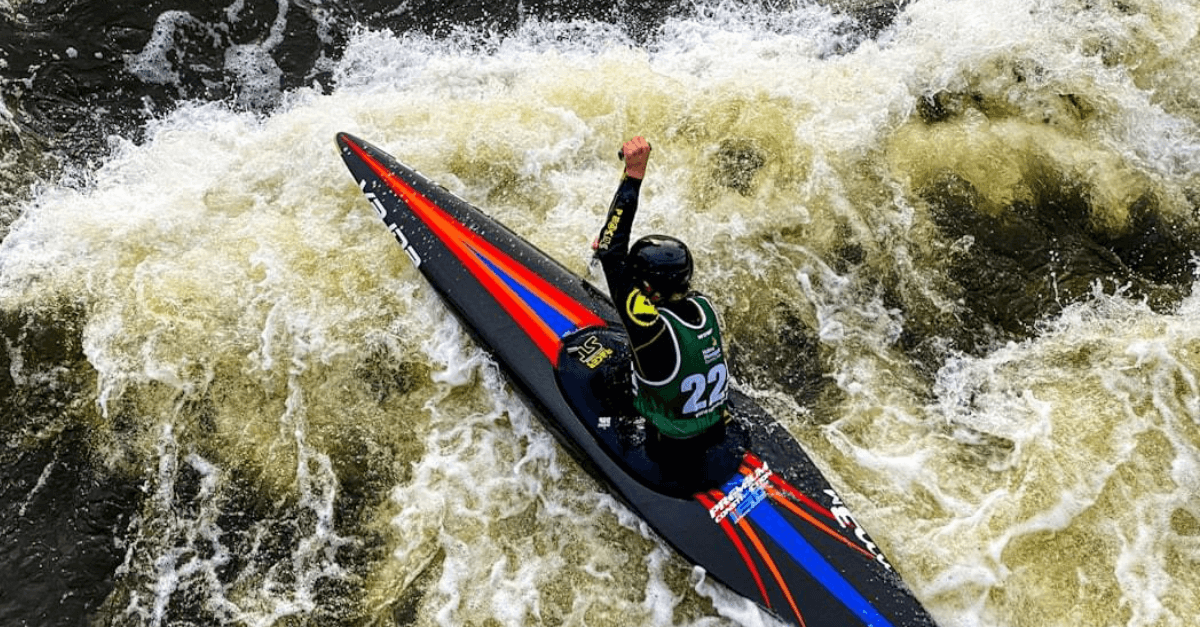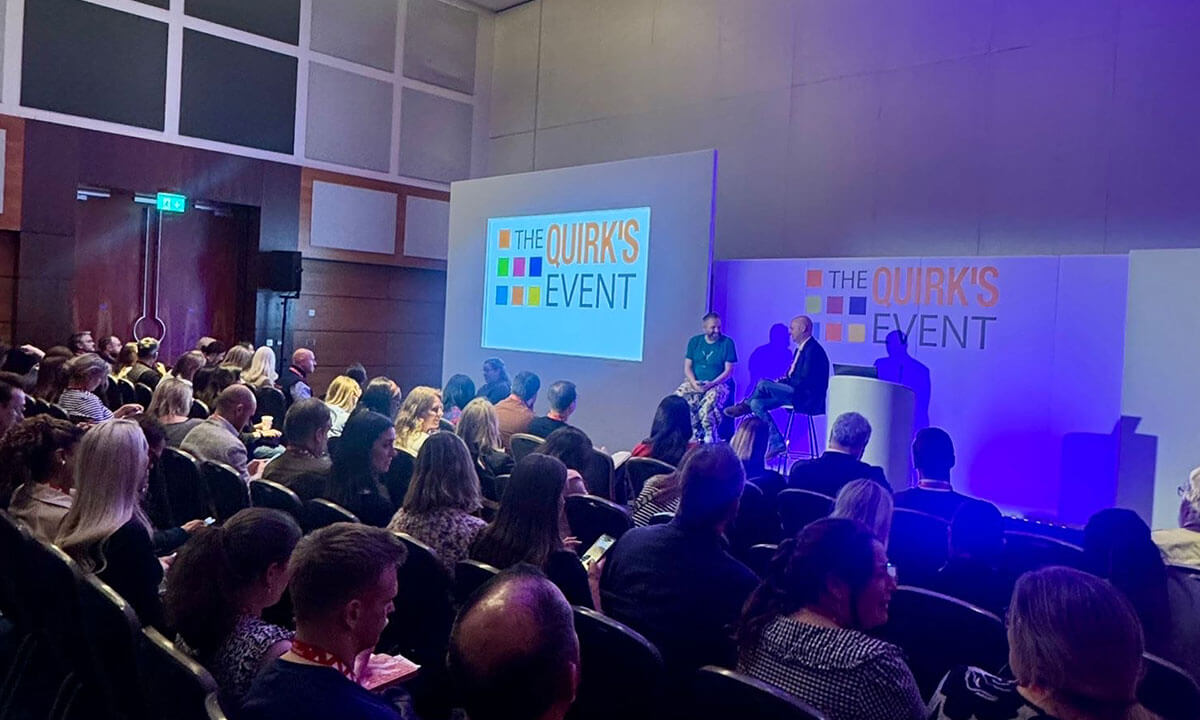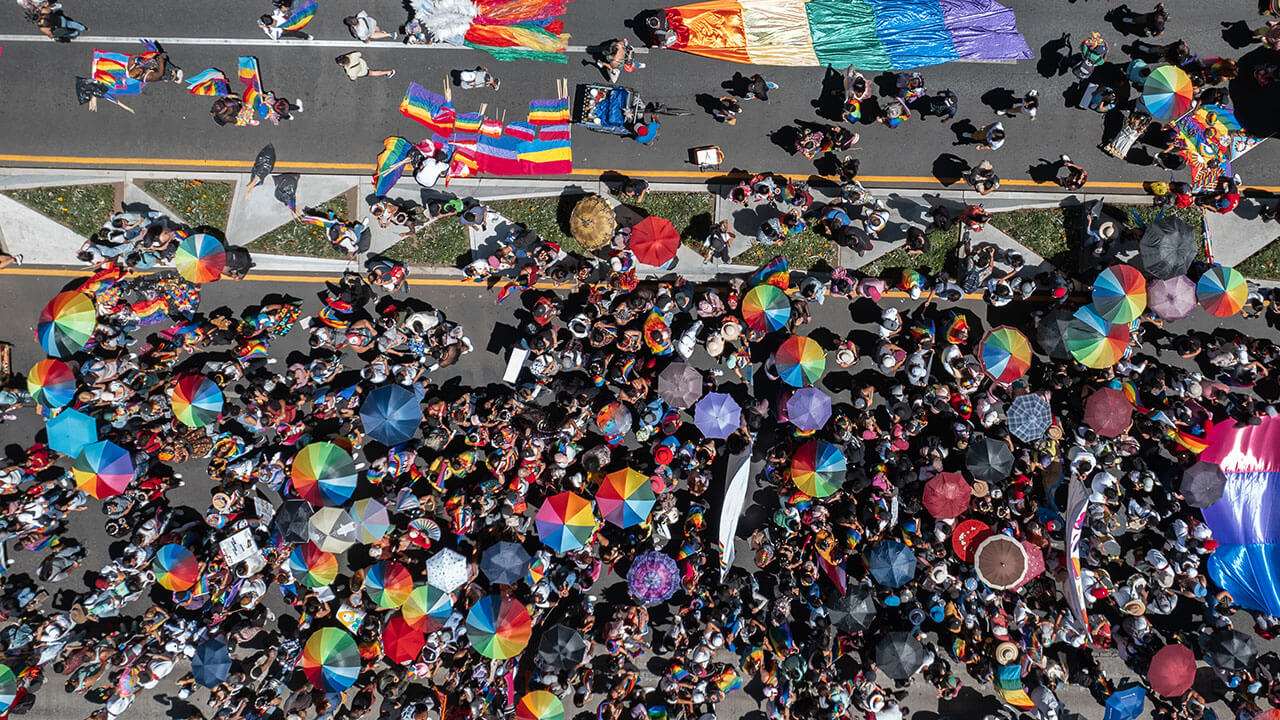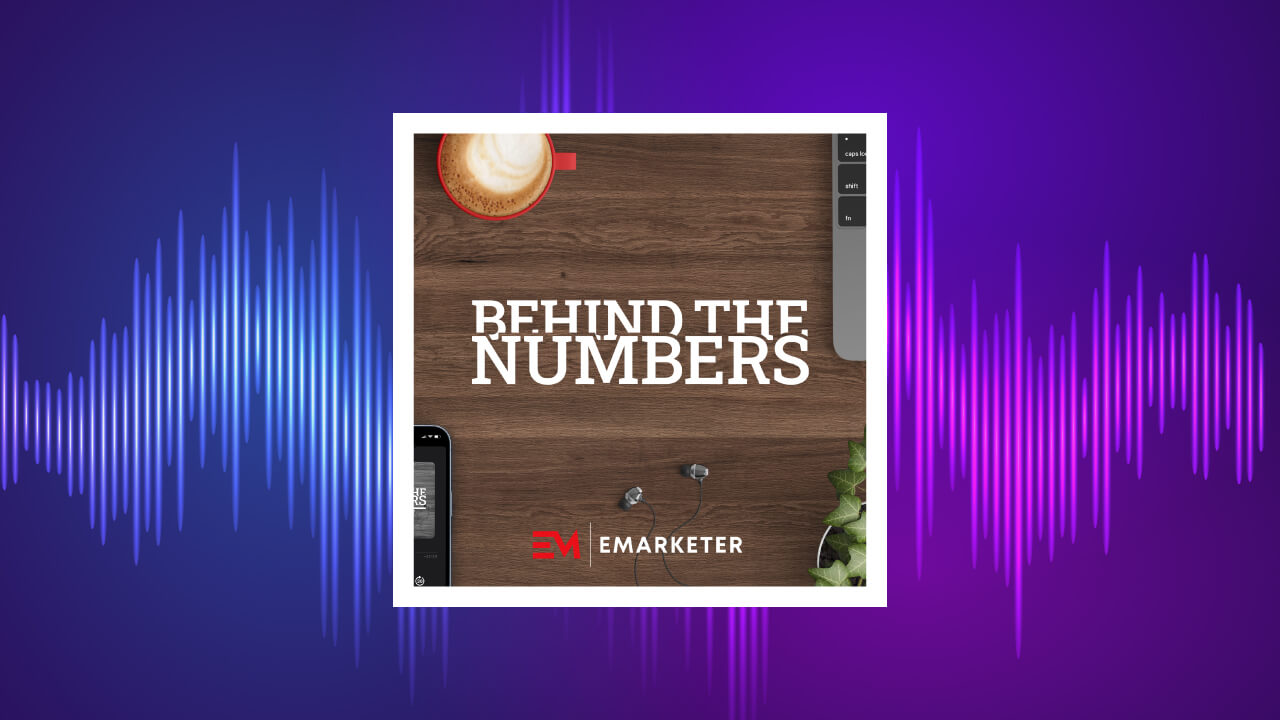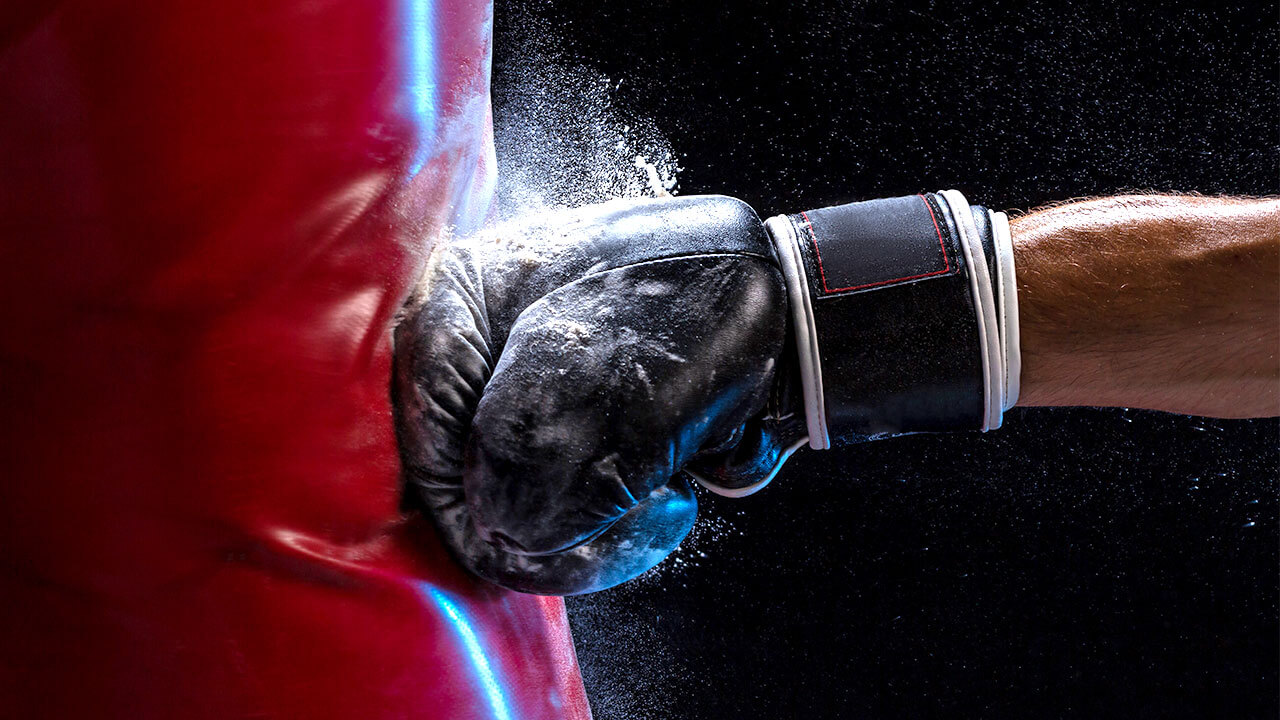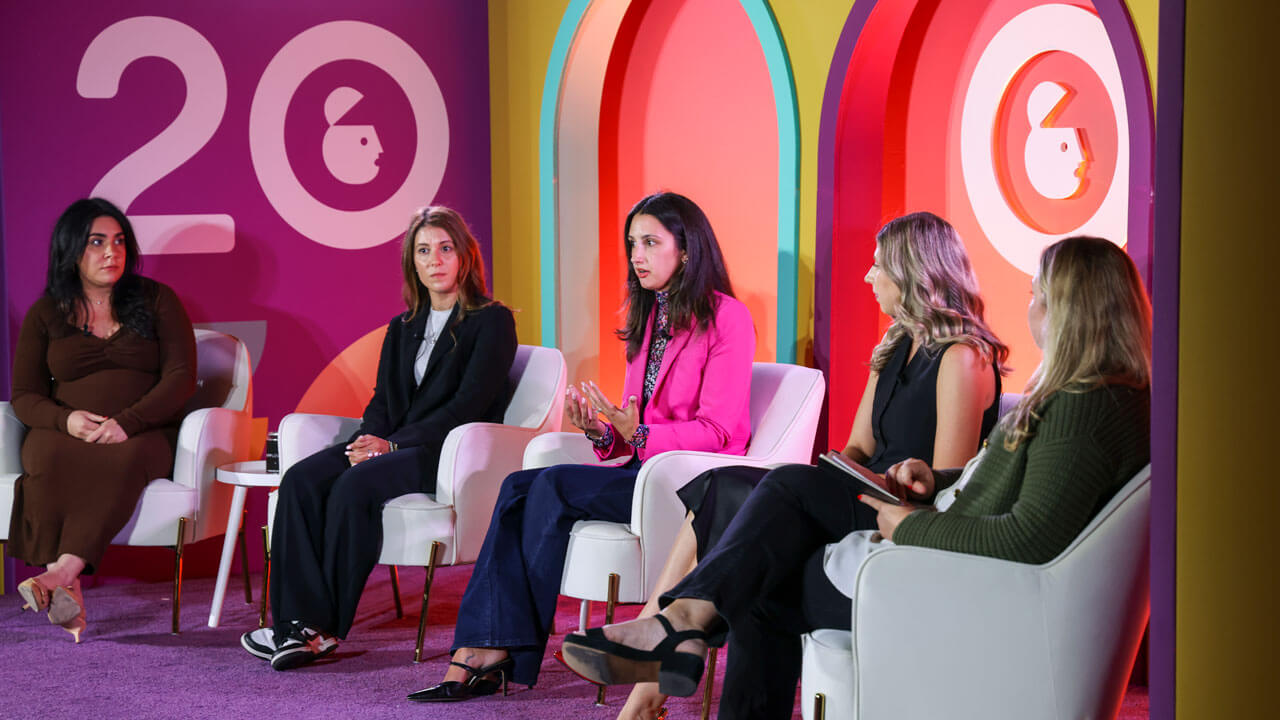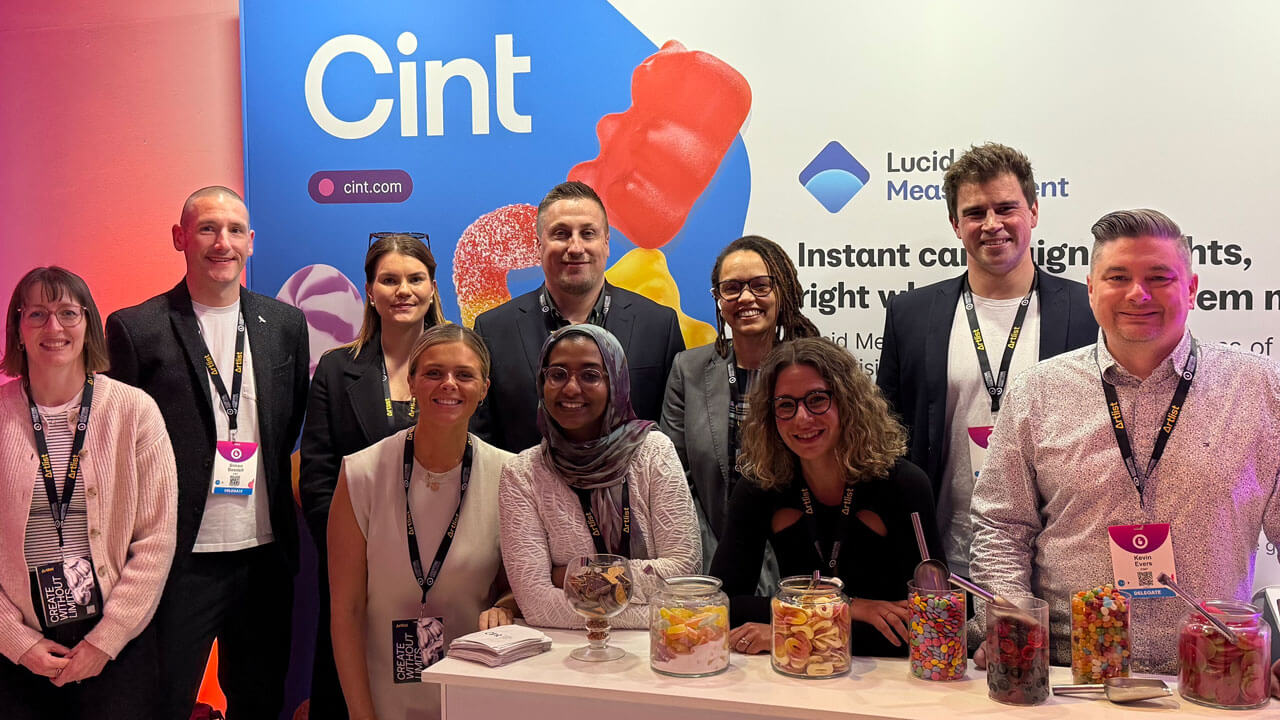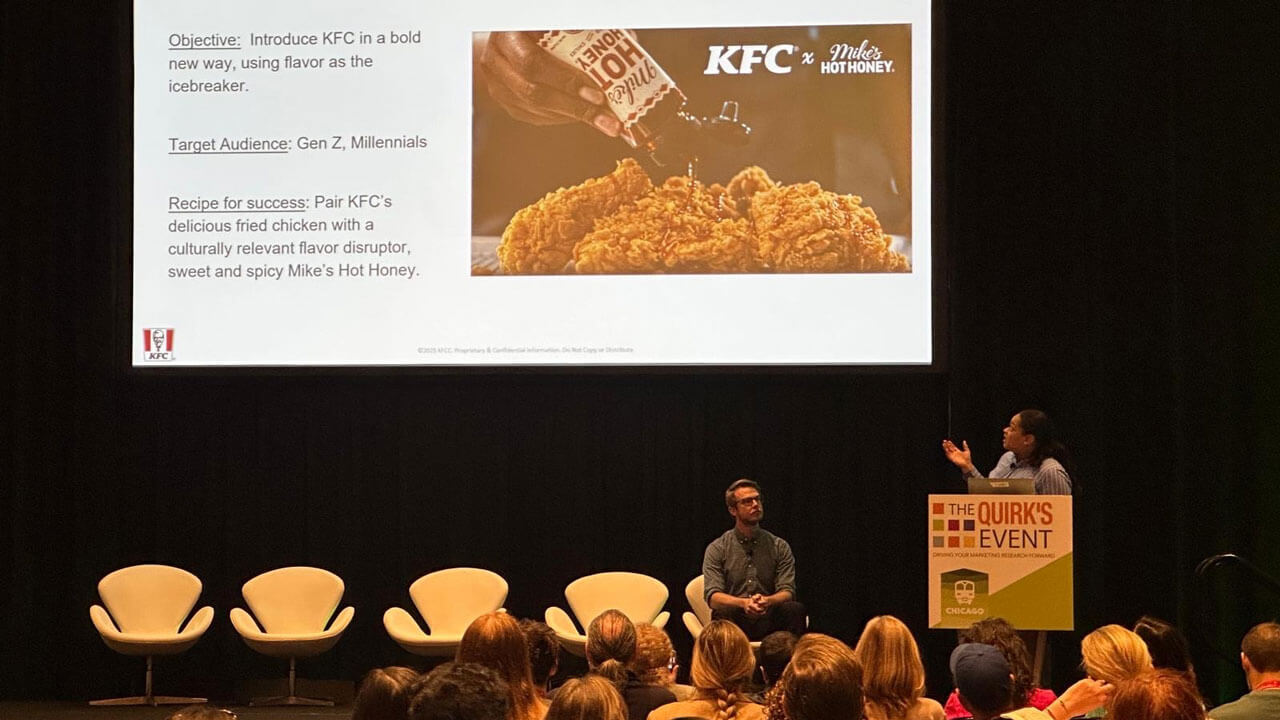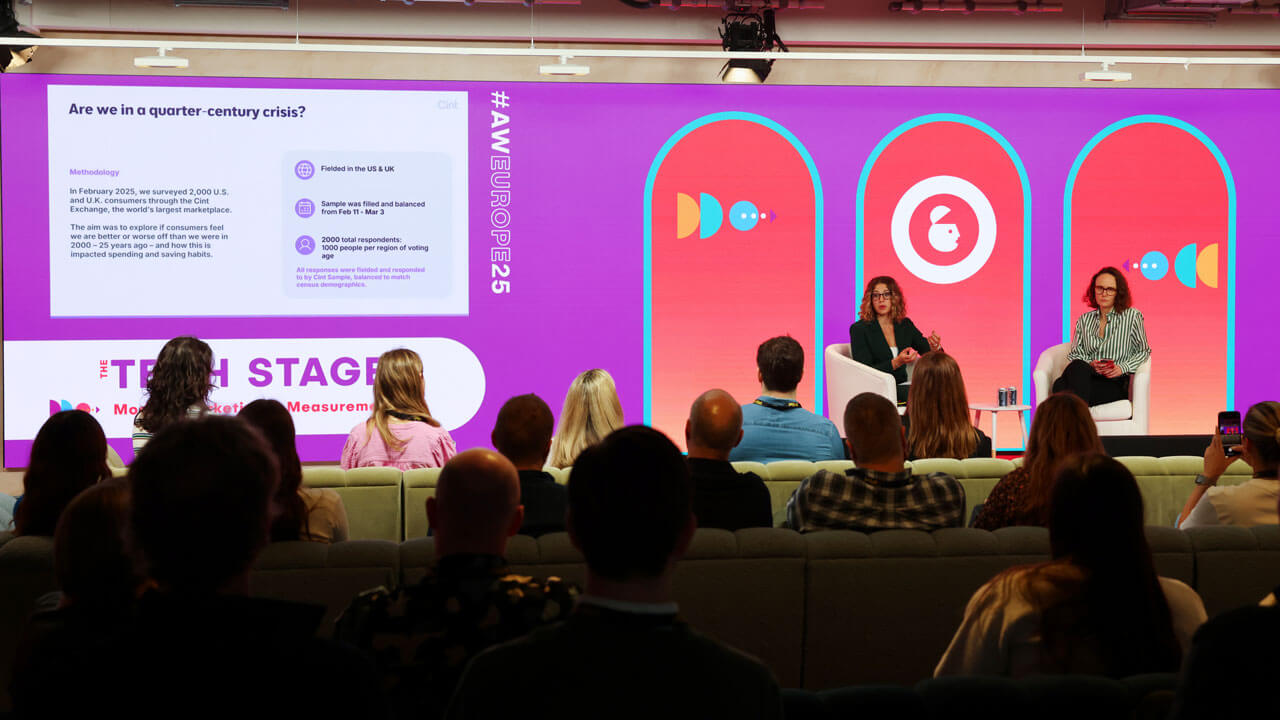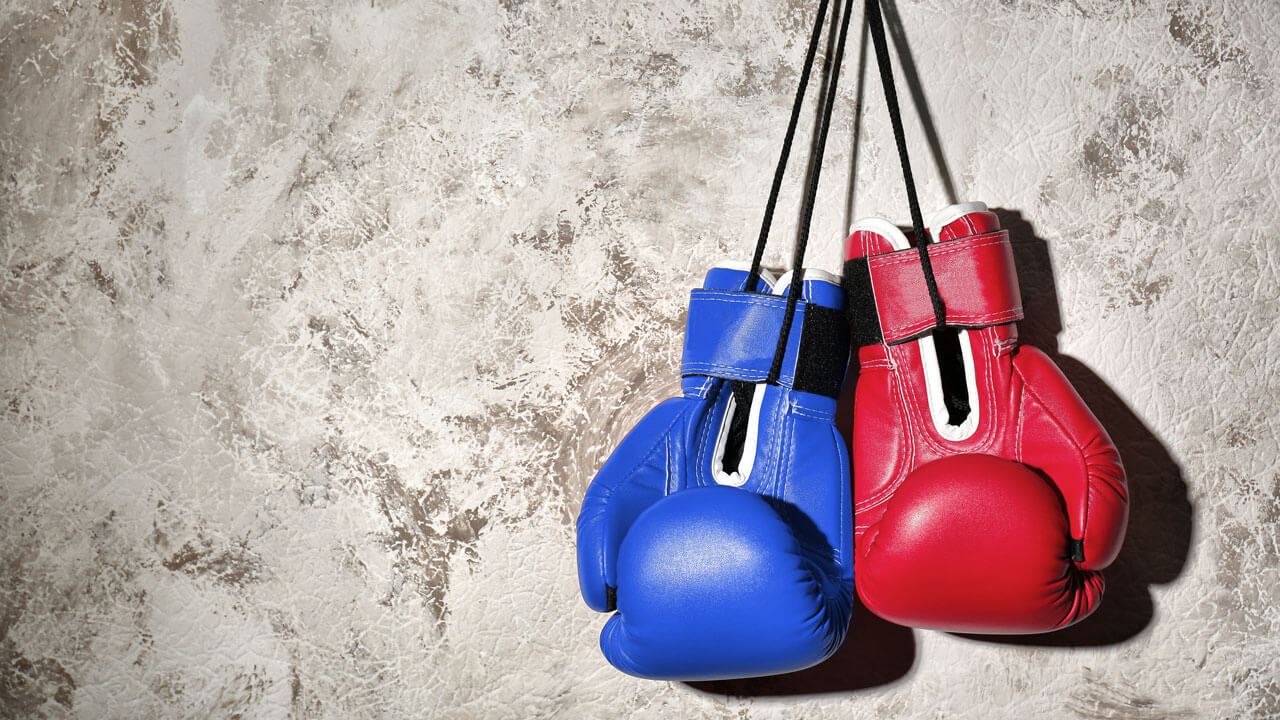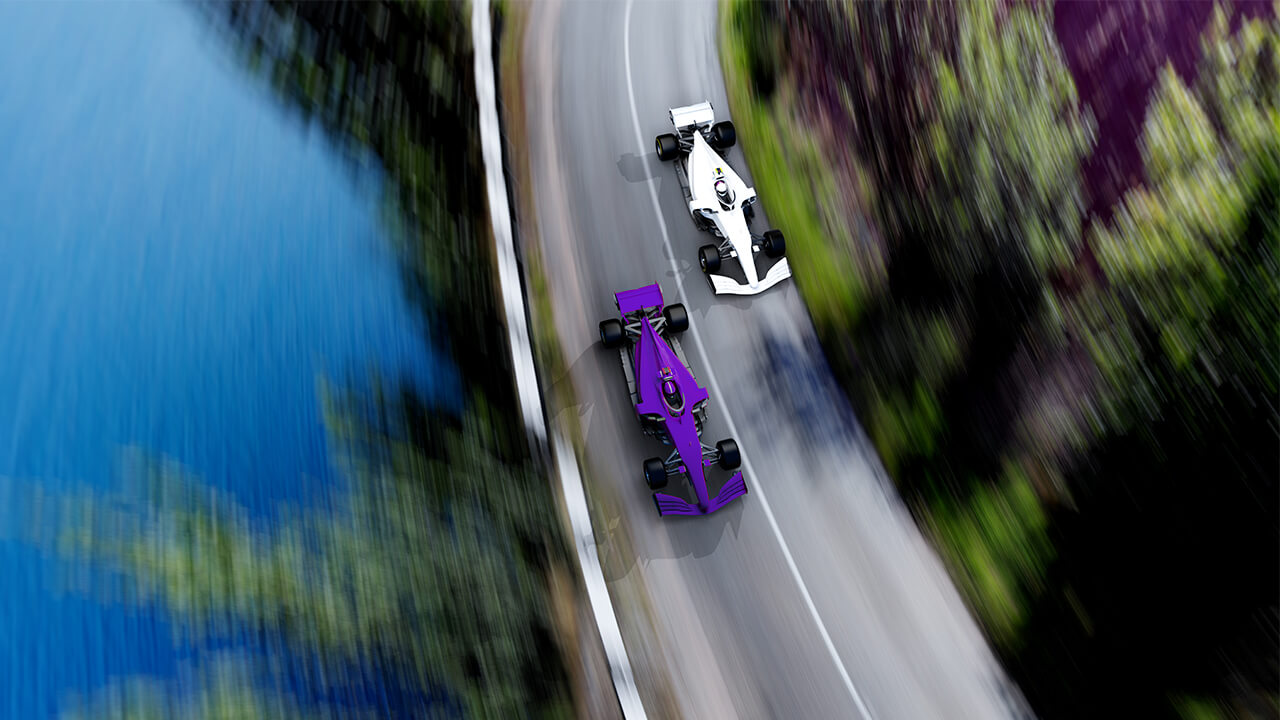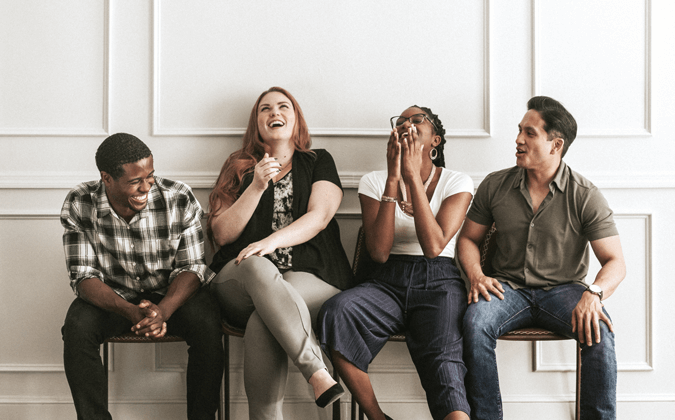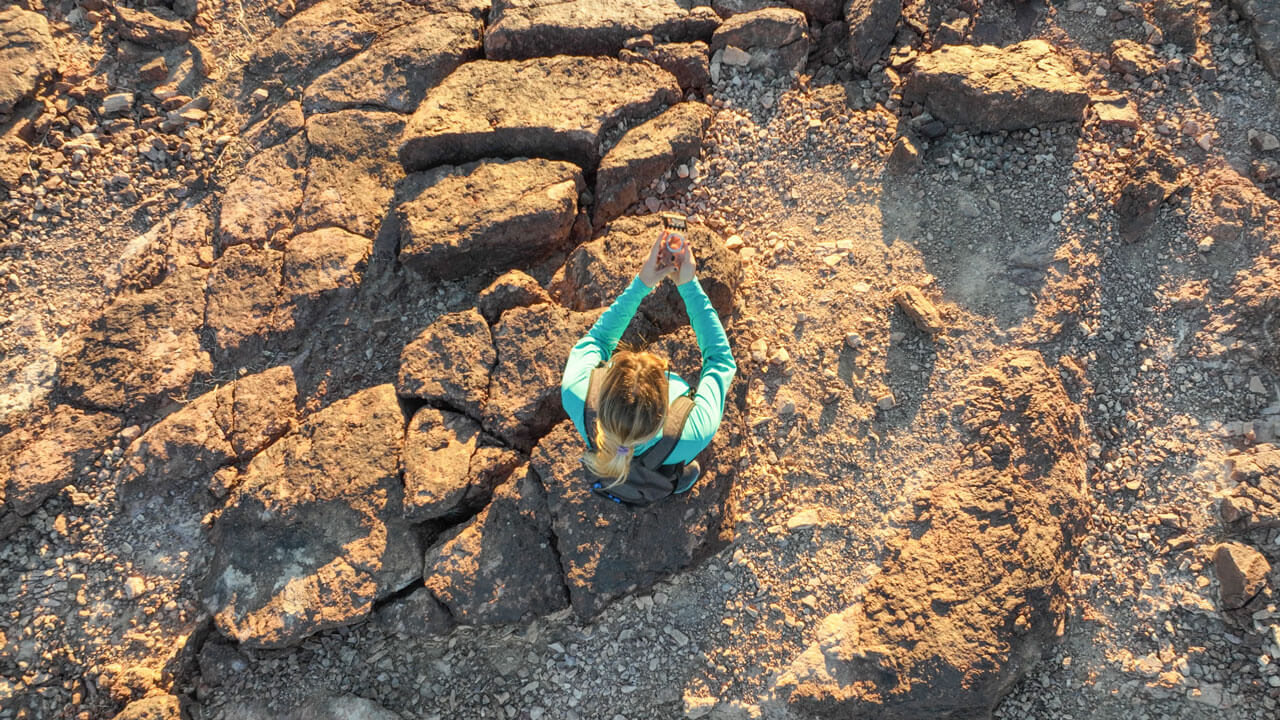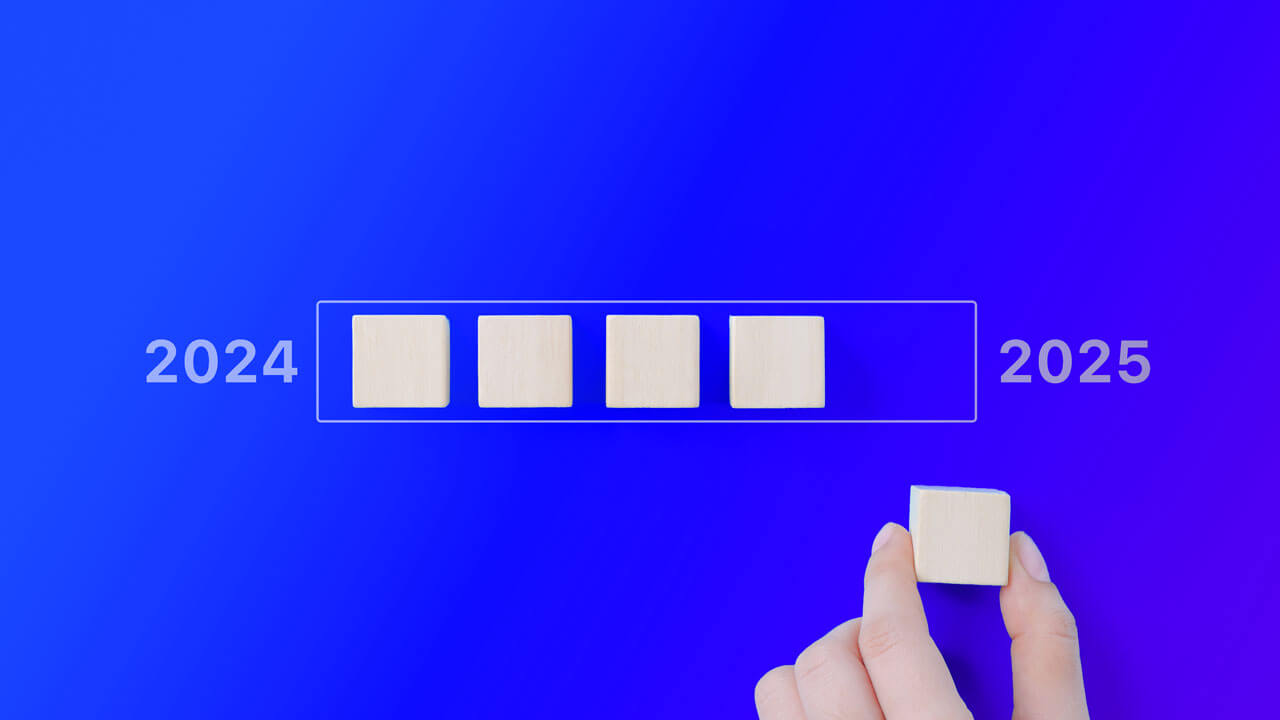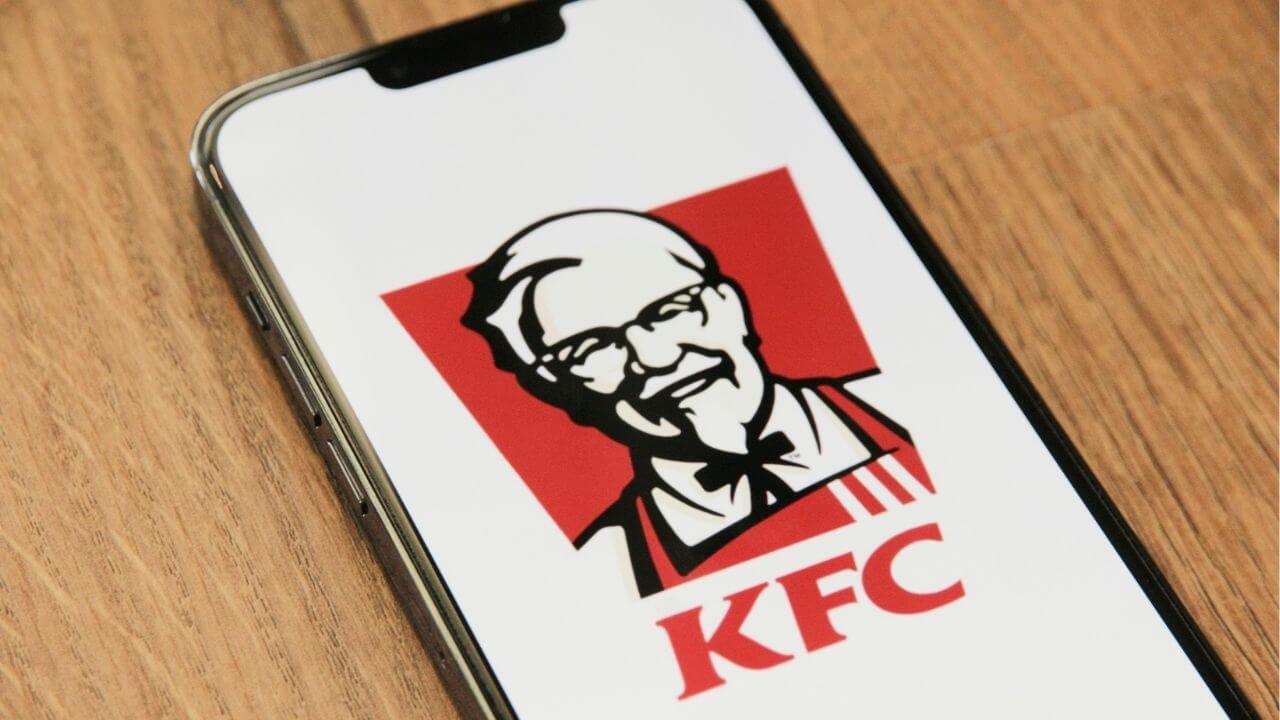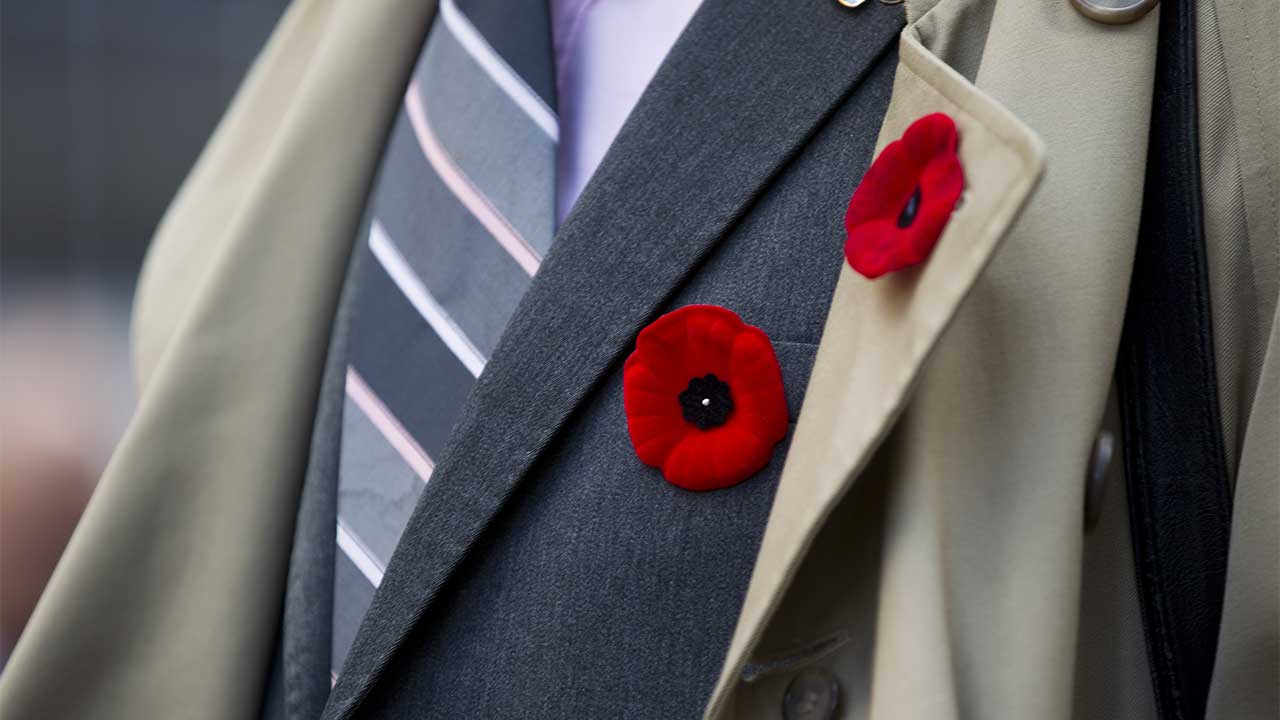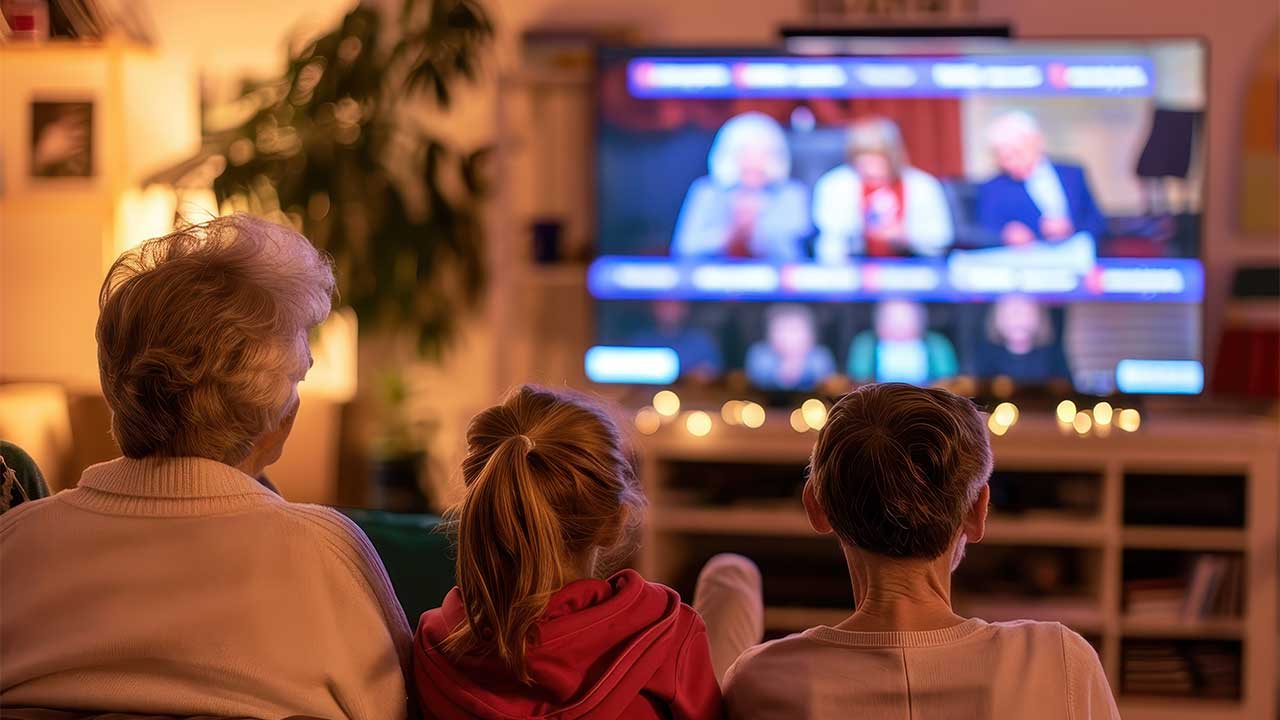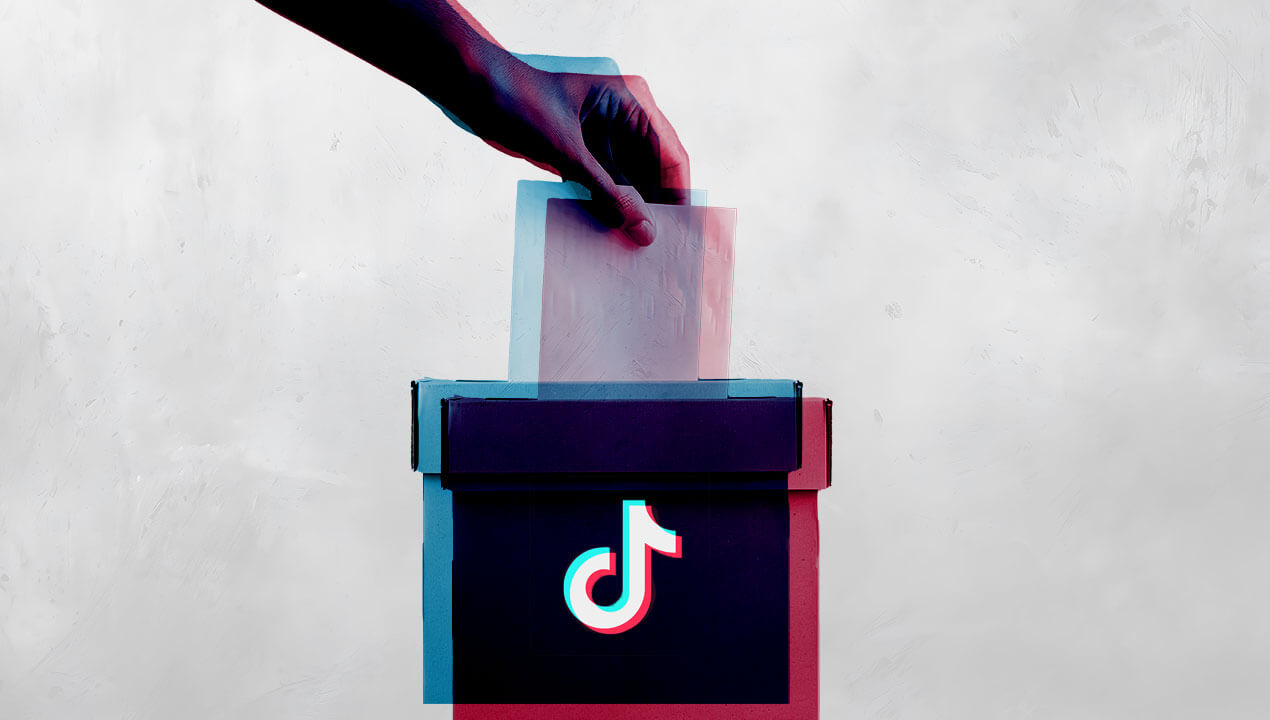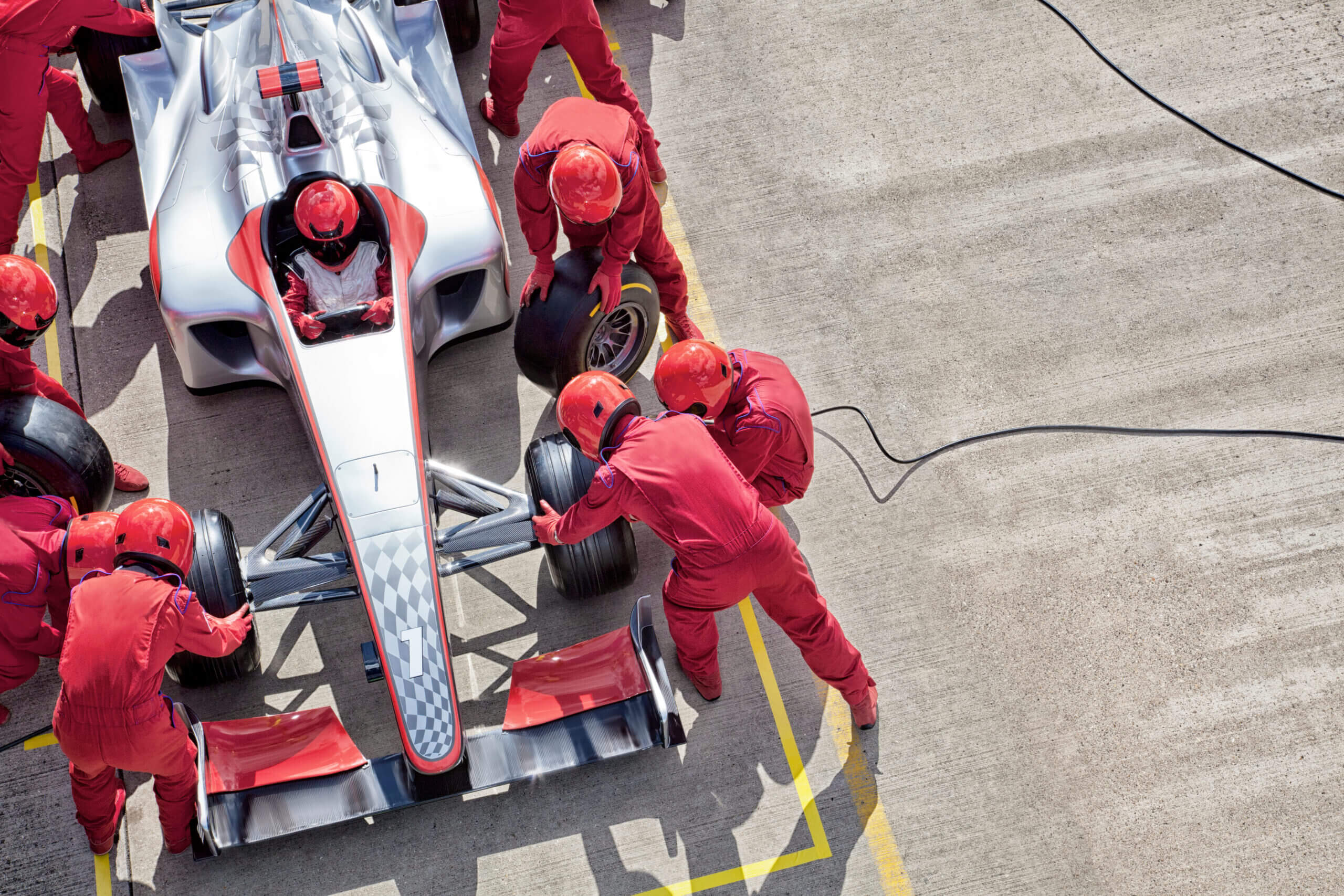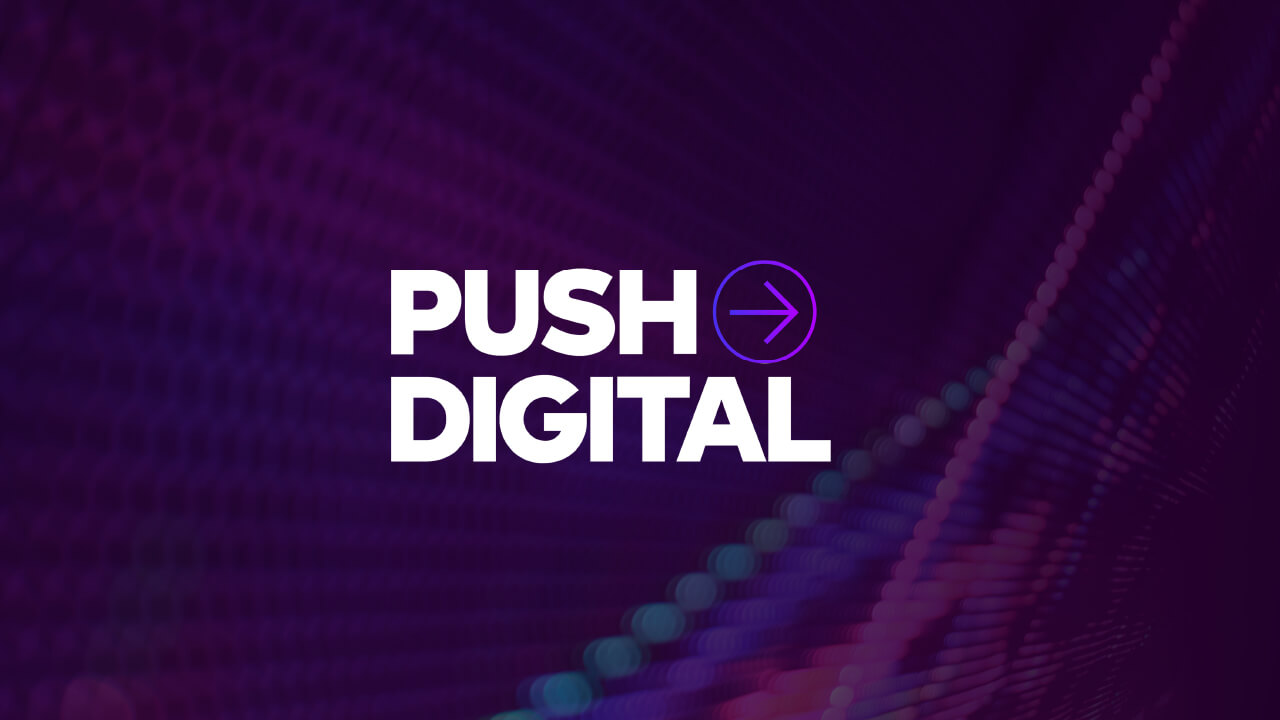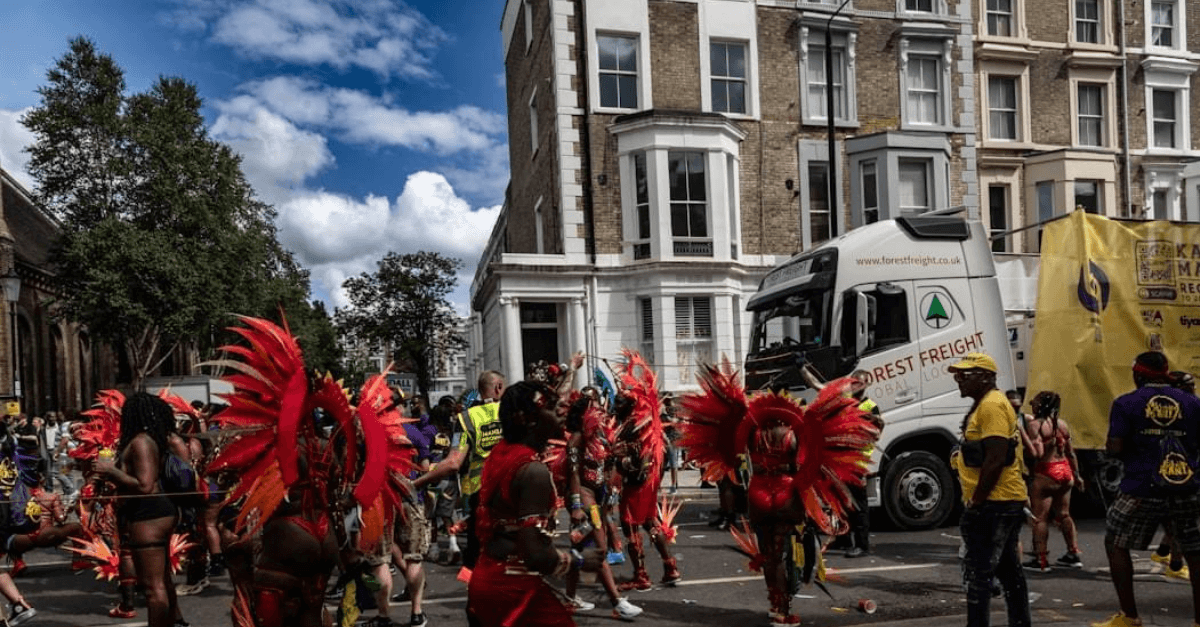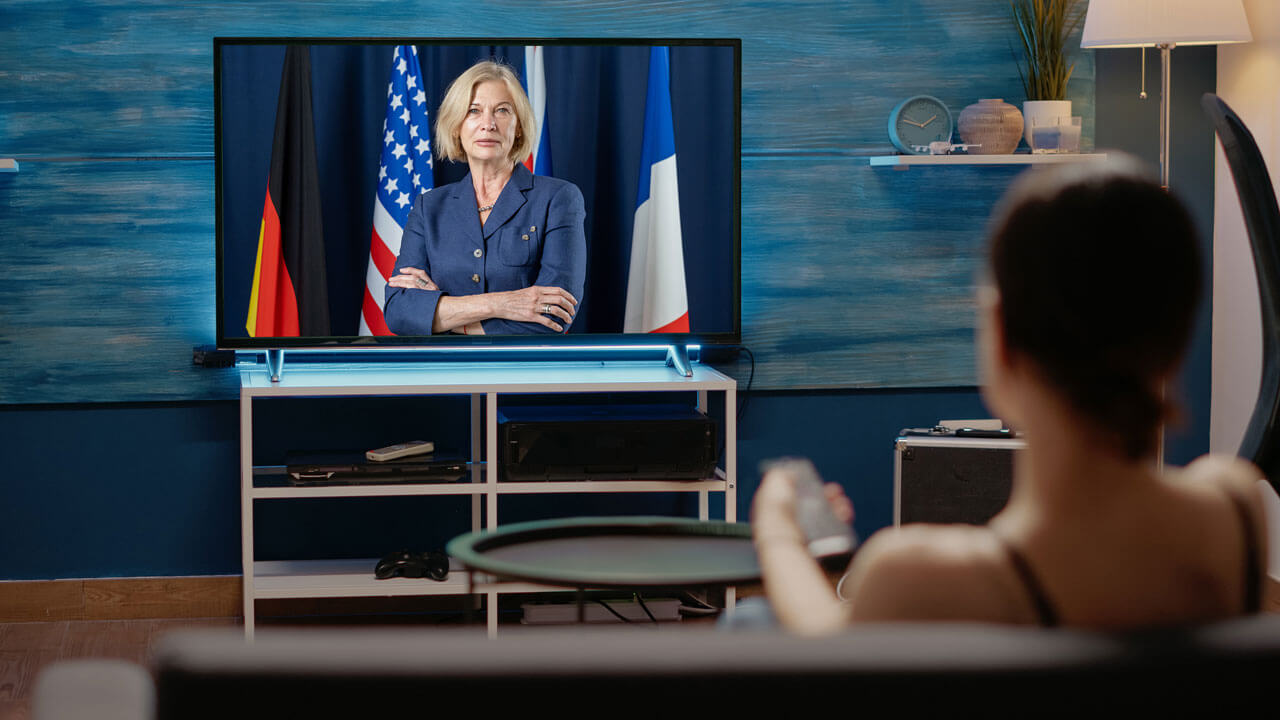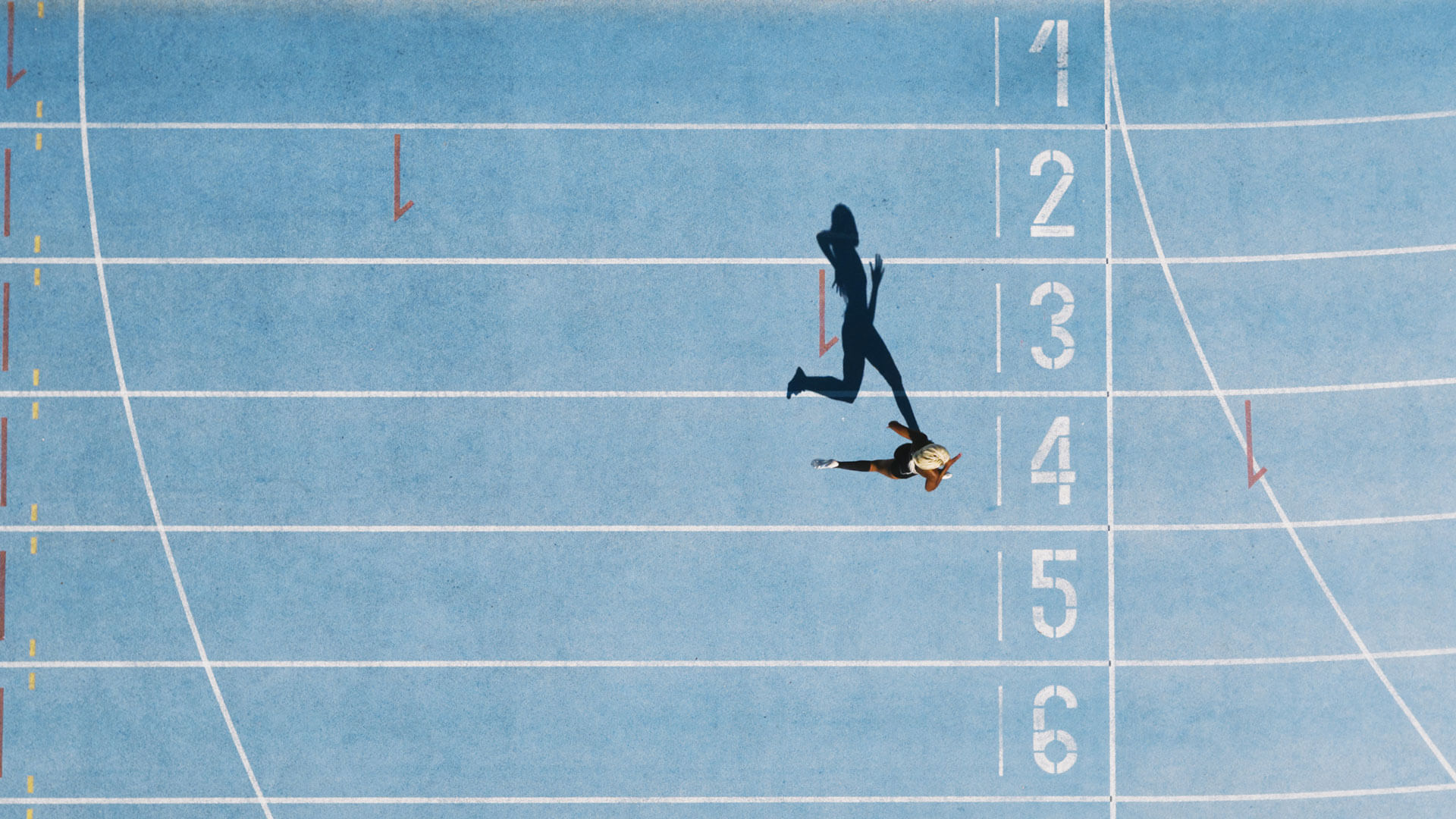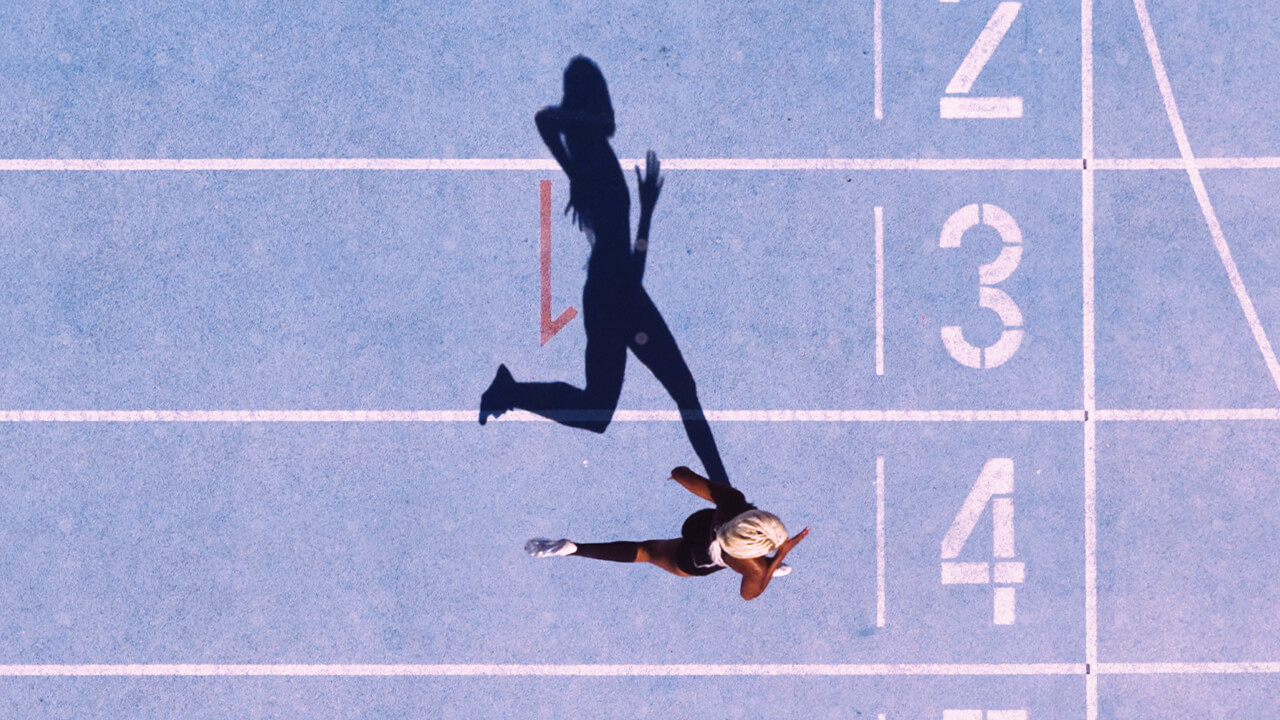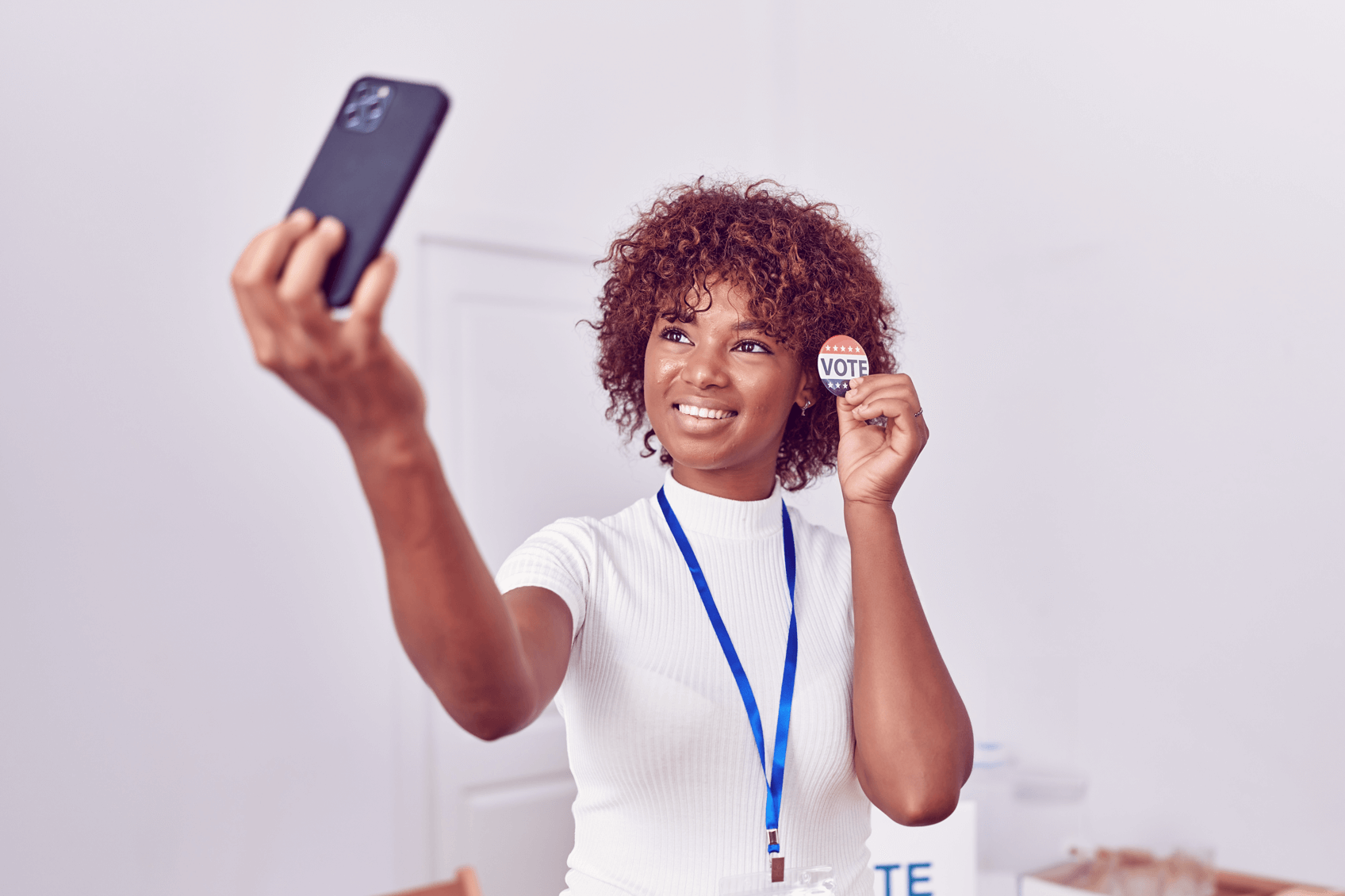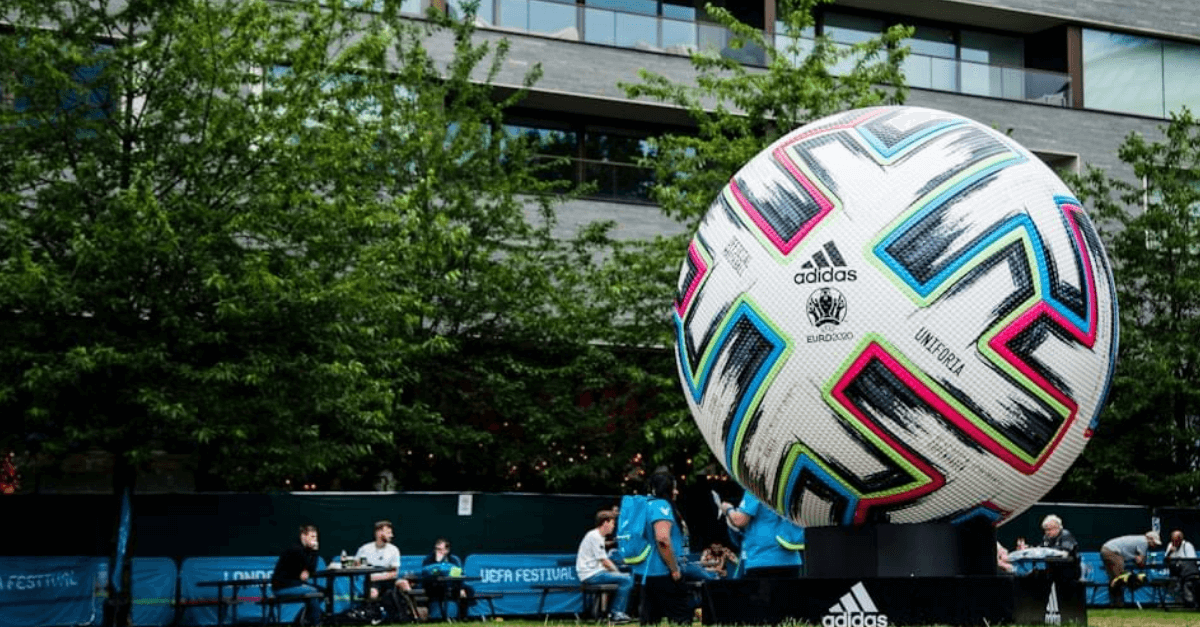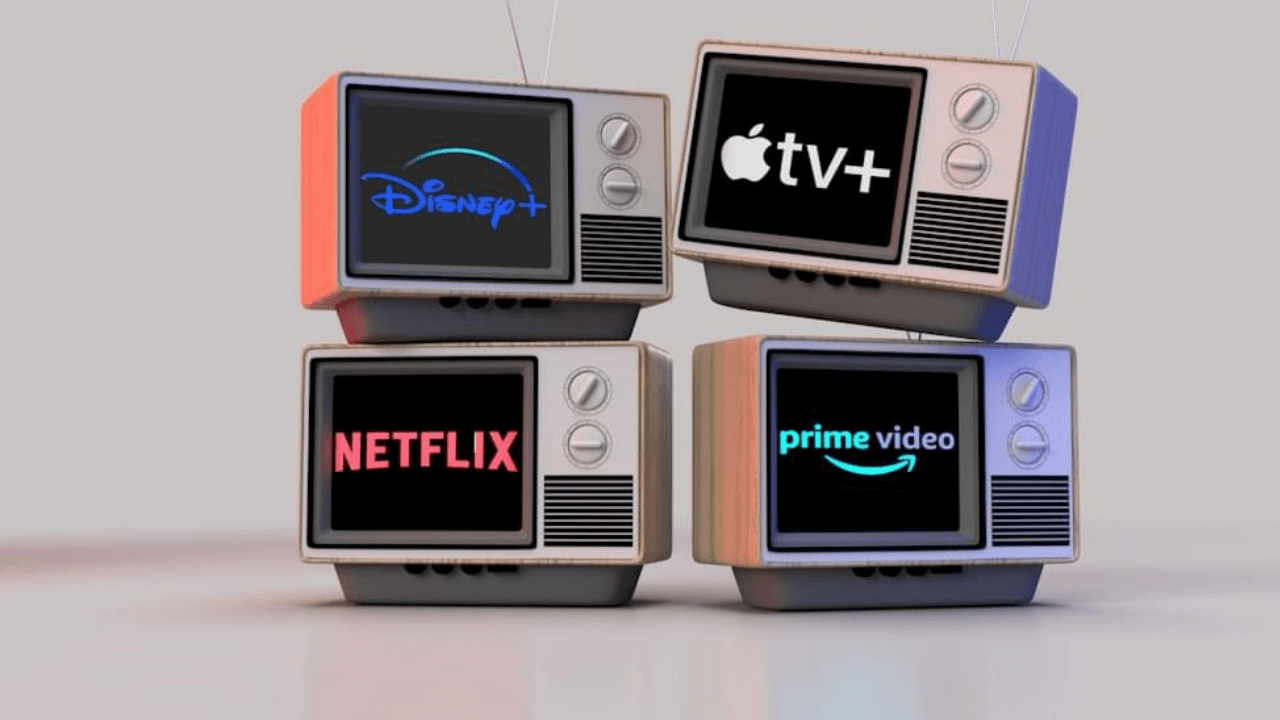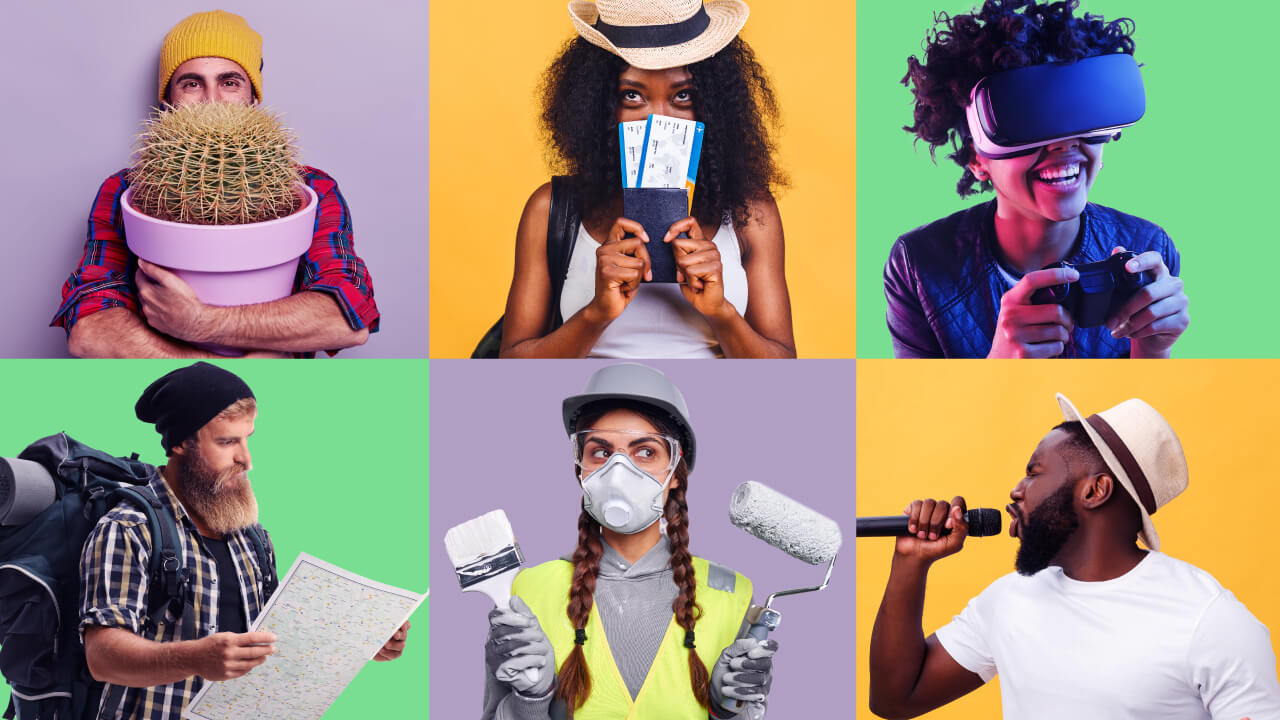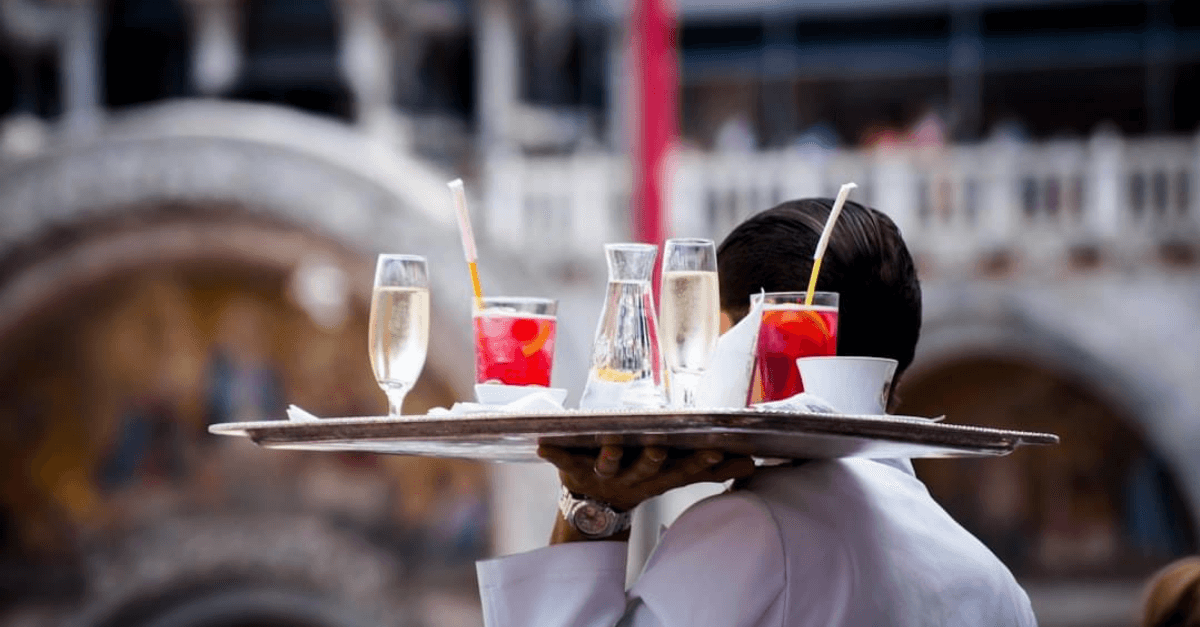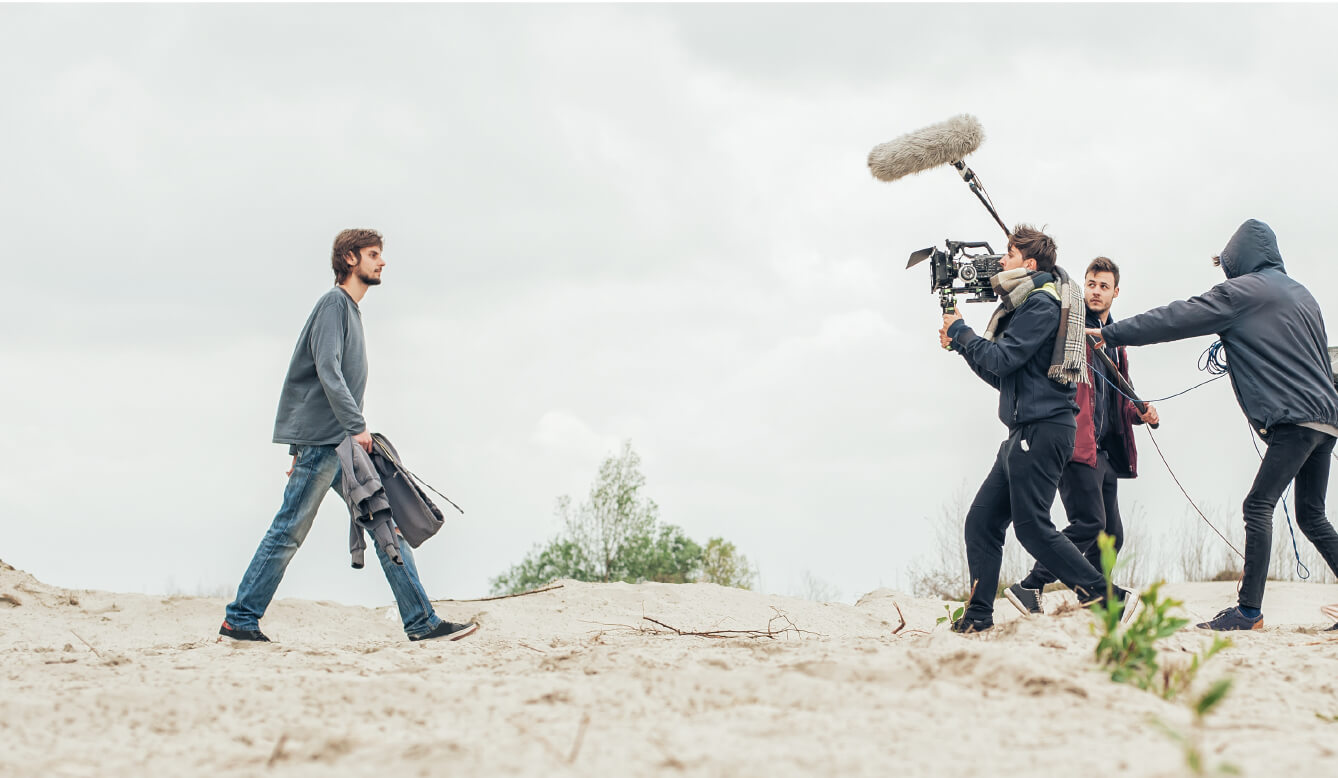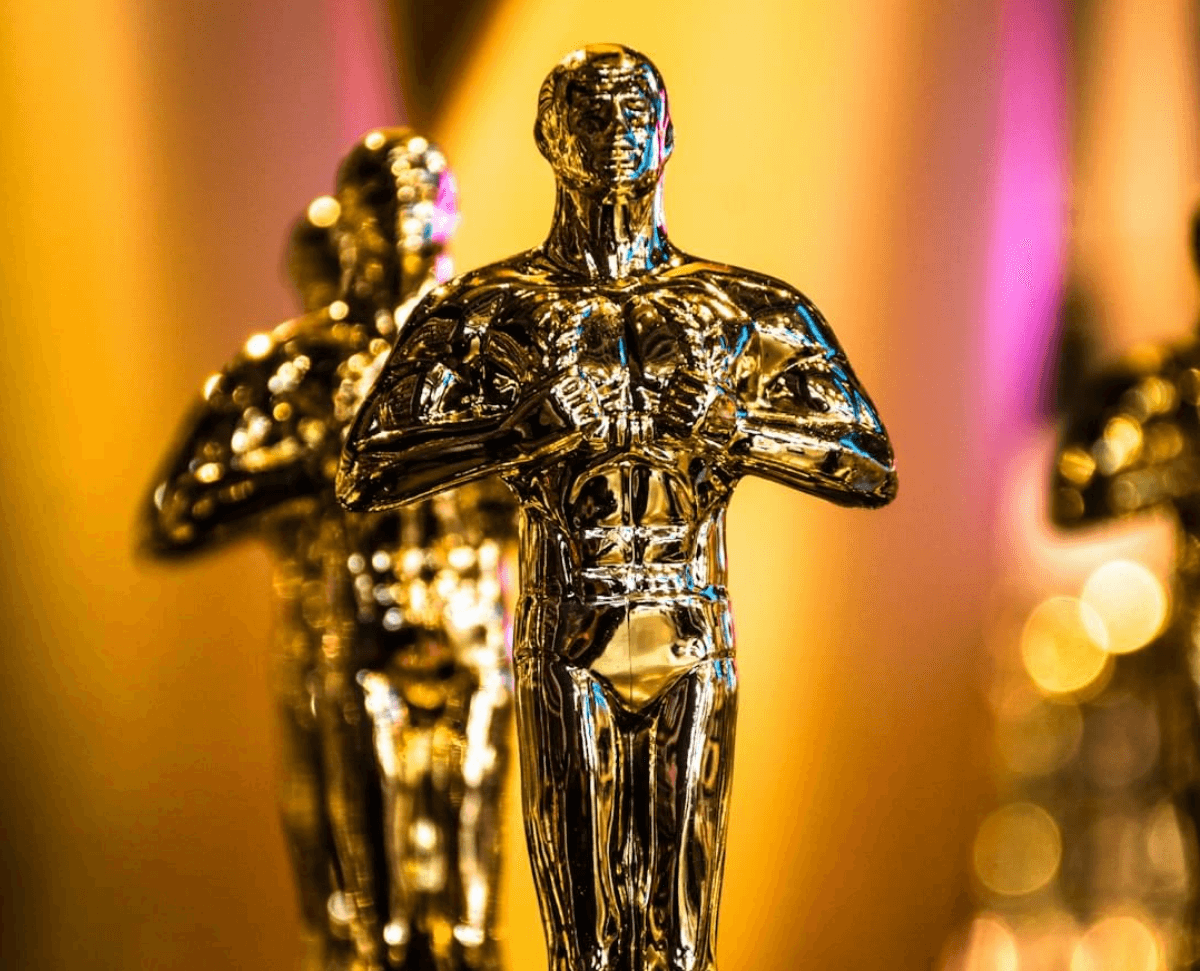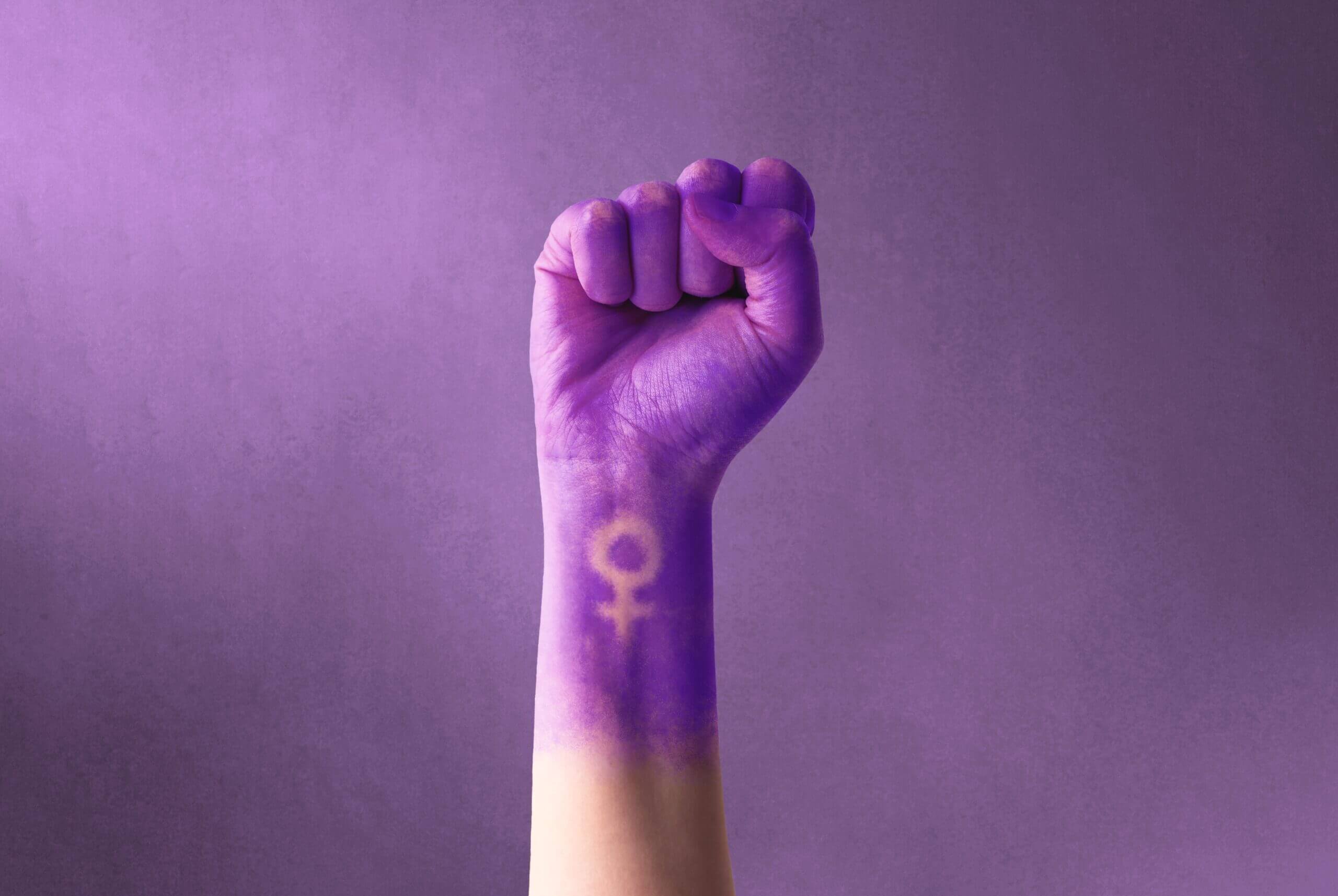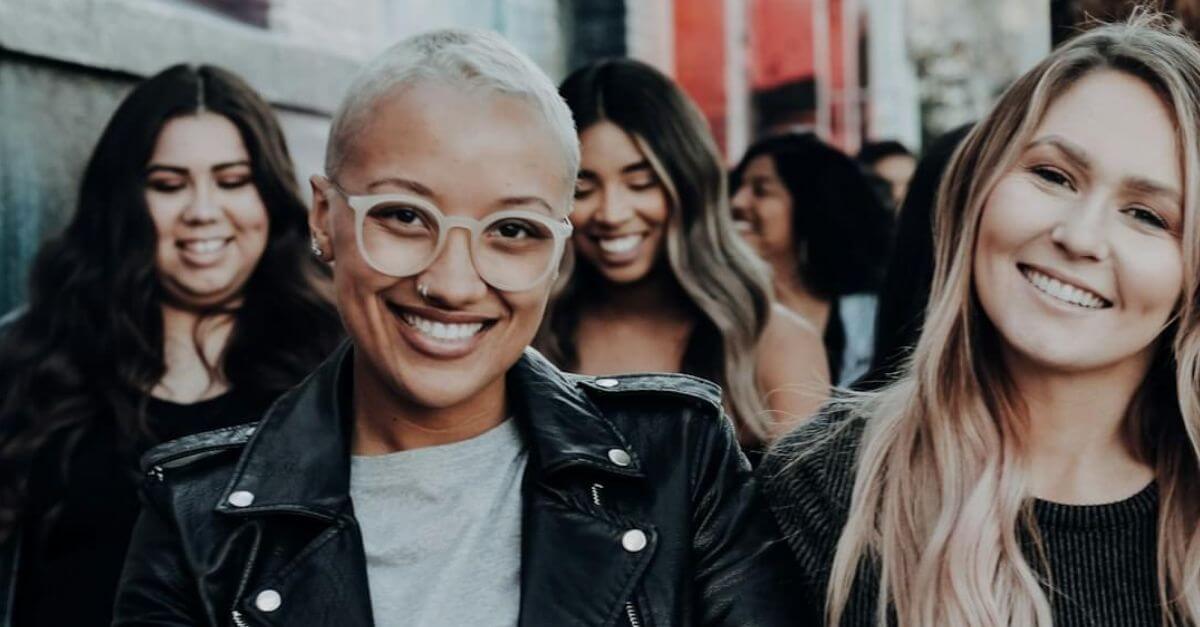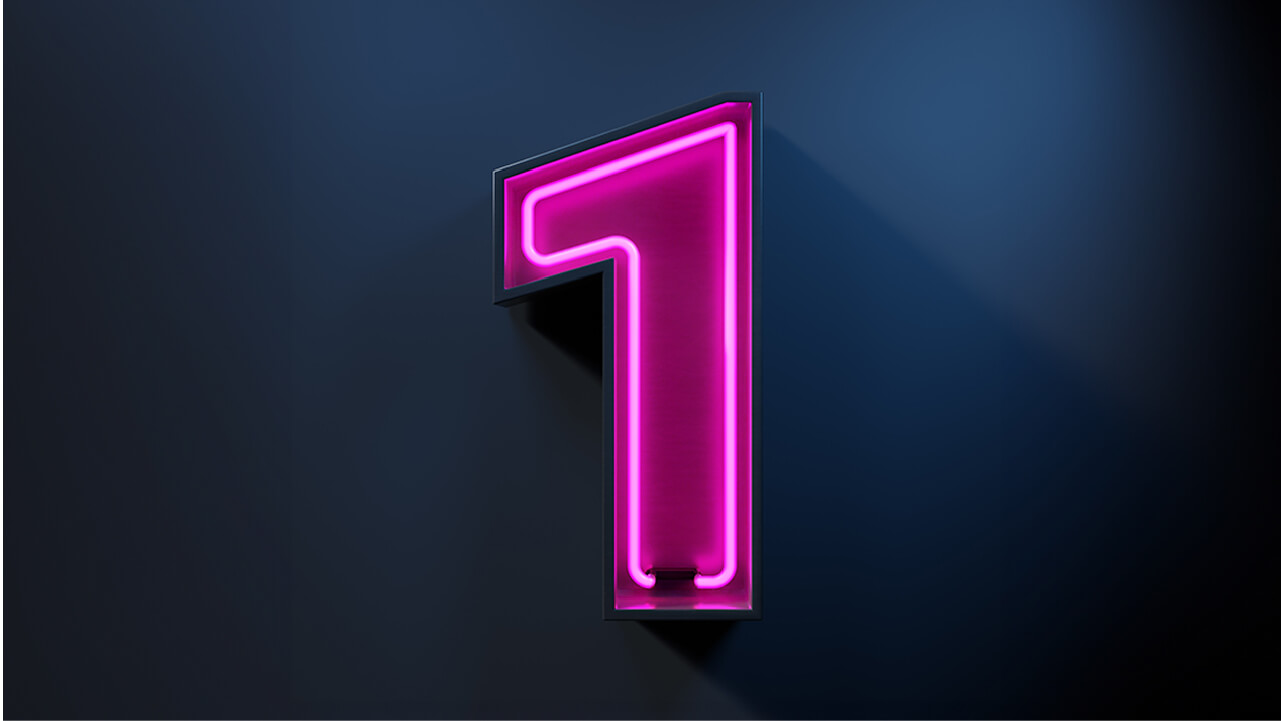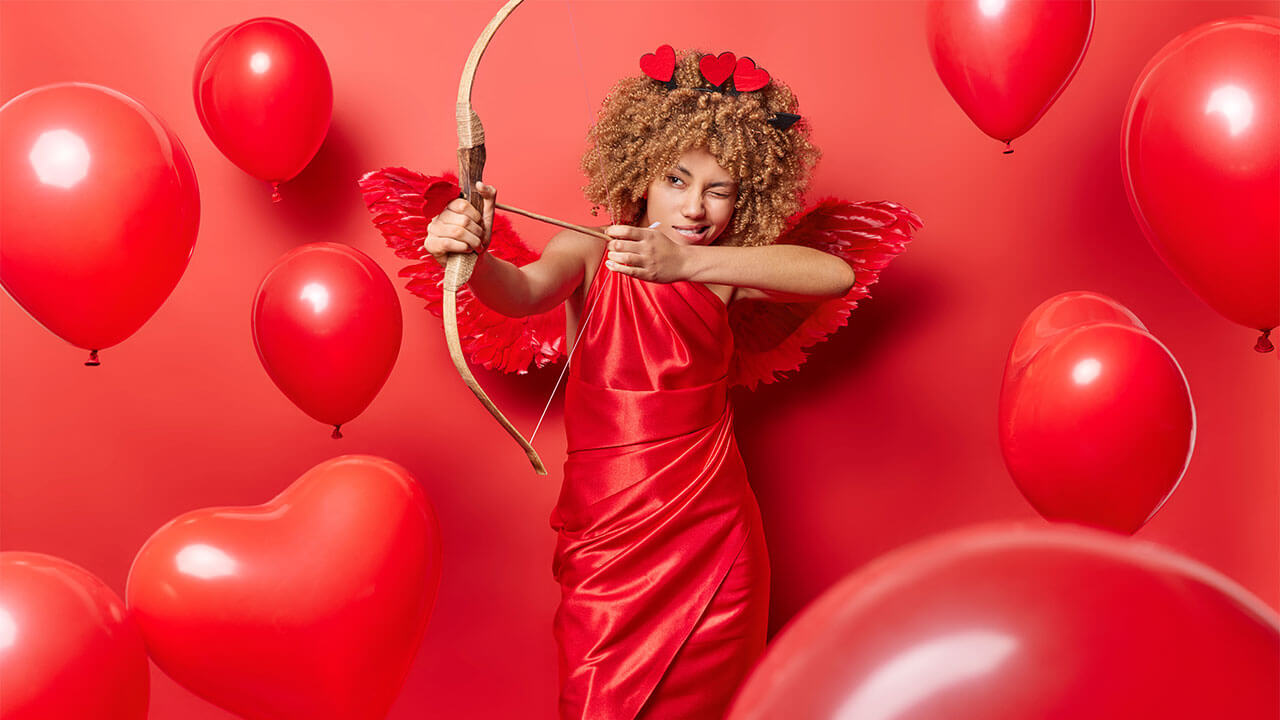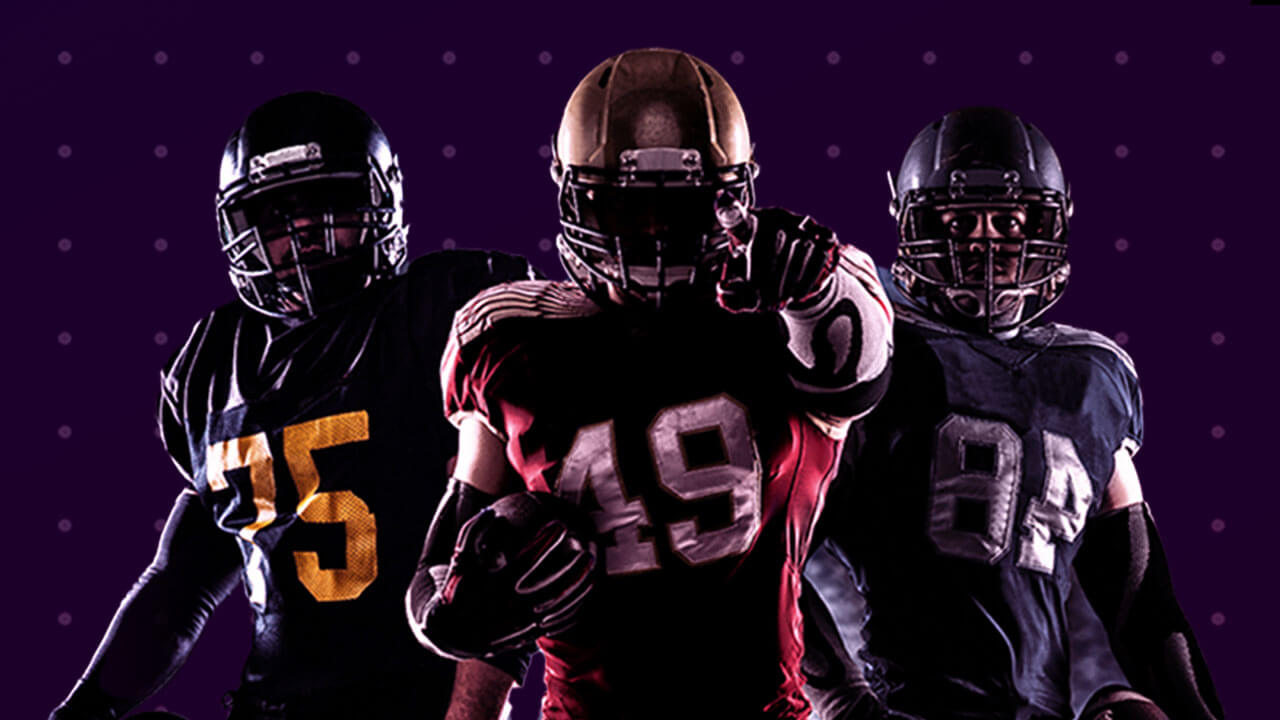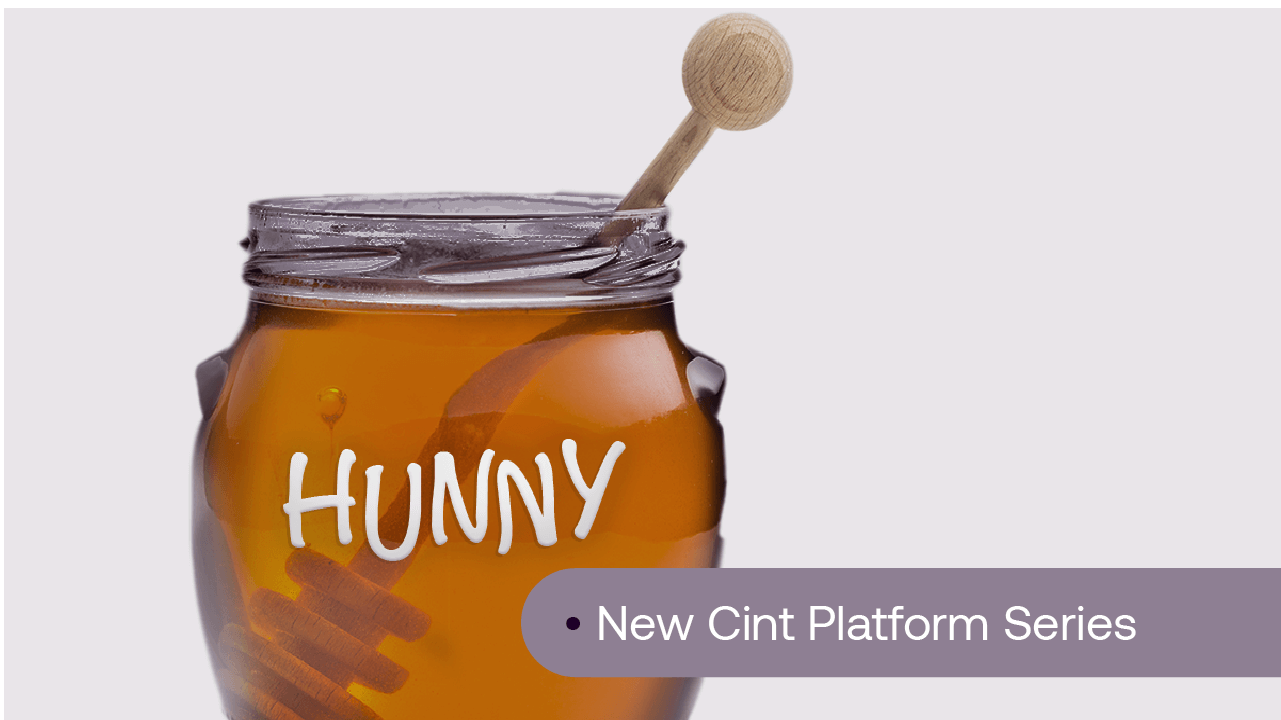Live TV, in person, or streaming – and motivations for tuning in.
We first looked at the popularity of the event and viewing platforms. Almost half of respondents (47%) intend to watch the Paralympics via live TV coverage, continuing a tradition of consuming major sporting events through broadcast television. While in-person attendance may seem like a less accessible option, a lucky 15% plan to attend the events live, showcasing the dedication of UK fans to the event. Surprisingly, despite the rise of online streaming platforms, only 6% of respondents plan to watch the Paralympics via online streaming services. While digital platforms continue to grow, this could indicate that live TV remains a preferred medium for major sporting events. Not everyone is eager to tune in, though. 27% – or nearly a third – of respondents do not plan to watch the Paralympics at all, and an additional 5% remain undecided. These figures provide an opportunity for broadcasters and brands to explore how they can better capture future viewer interest.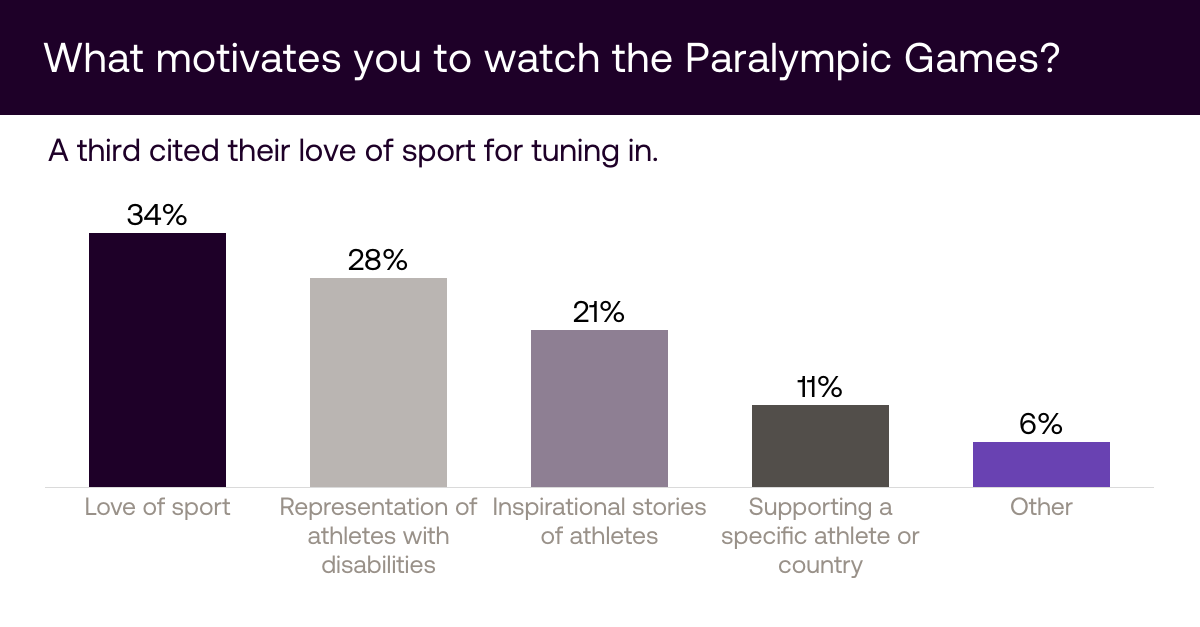 So what exactly attracts viewers to tune in? Love of sport (34%) was the main factor, followed by representation of athletes with disabilities (28%), and inspirational or motivational stories of athletes (21%). Only a tenth declared their support for a specific athlete or country as a reason for watching the games.
So what exactly attracts viewers to tune in? Love of sport (34%) was the main factor, followed by representation of athletes with disabilities (28%), and inspirational or motivational stories of athletes (21%). Only a tenth declared their support for a specific athlete or country as a reason for watching the games.
Which sporting events capture the hearts of viewers?
When it comes to which sports will attract the most viewers, para-athletics leads the pack, with 34% of respondents dedicated to tuning in. Its high-octane events and dramatic displays of endurance and skill have always been synonymous to the Paralympics, so it’s unsurprising that it tops the list.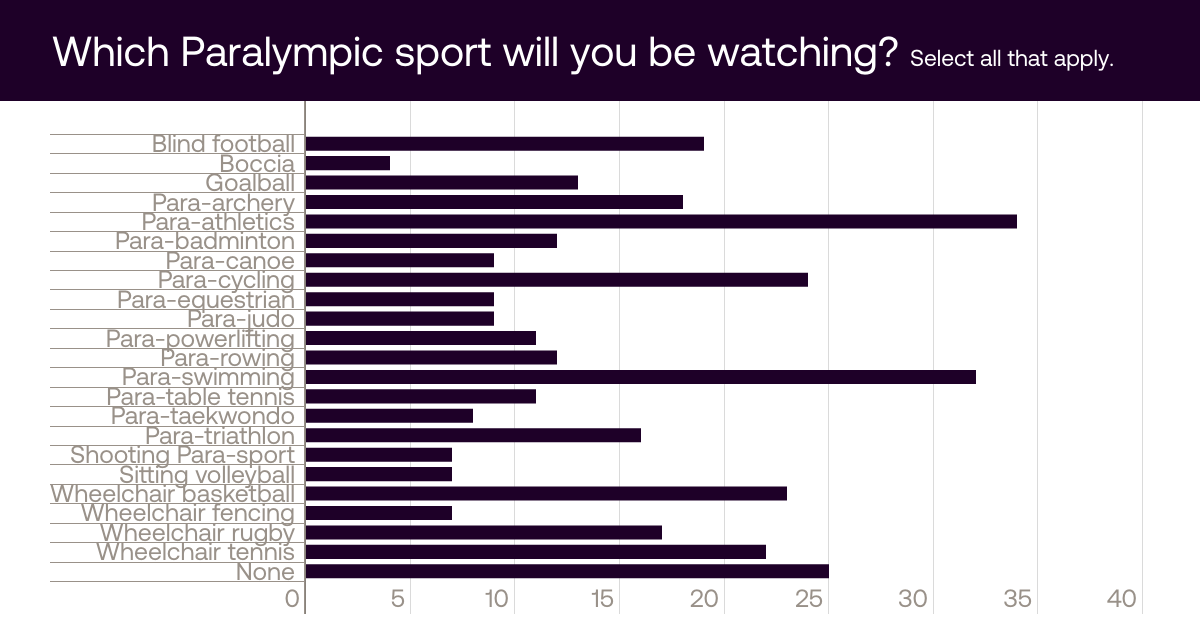 Following closely behind is para-swimming at 32%, with para-cycling not far off at 24%. The thrilling nature of these two competitions have produced some of the most iconic Paralympic athletes, likely driving their popularity.
Other team-based and ball sports also popular among UK viewers were wheelchair basketball (23%), wheelchair tennis (19%), and blind football (19%).
On the other hand, some sports are seeing less enthusiasm from viewers. Boccia was the sport with the fewest respondents (4%) indicating interest, followed by sitting volleyball, wheelchair fencing, and shooting para-sport – all tied at 7%.
Following closely behind is para-swimming at 32%, with para-cycling not far off at 24%. The thrilling nature of these two competitions have produced some of the most iconic Paralympic athletes, likely driving their popularity.
Other team-based and ball sports also popular among UK viewers were wheelchair basketball (23%), wheelchair tennis (19%), and blind football (19%).
On the other hand, some sports are seeing less enthusiasm from viewers. Boccia was the sport with the fewest respondents (4%) indicating interest, followed by sitting volleyball, wheelchair fencing, and shooting para-sport – all tied at 7%.
Standout ads and brand authenticity
Advertising plays a critical role in shaping public perception of the Paralympics and the brands associated with it. Which ads are resonating with viewers? TikTok’s “It Starts on TikTok” and the International Paralympic Committee’s “The Paralympic Dream” ads both ranked as the most impactful, with 16% of respondents citing these campaigns as the most influential. TikTok’s reach and relatable messaging, coupled with the Paralympic Committee’s emotionally driven promotion, seem to be effectively engaging viewers. Automaker Toyota’s “Impossible vs. Impossible” campaign came in second, with 11% of respondents noting its influence, while Visa’s “Level Up Your Game” ad received 9% of the vote, and Apple’s “The Relay” ad followed closely behind with 8%.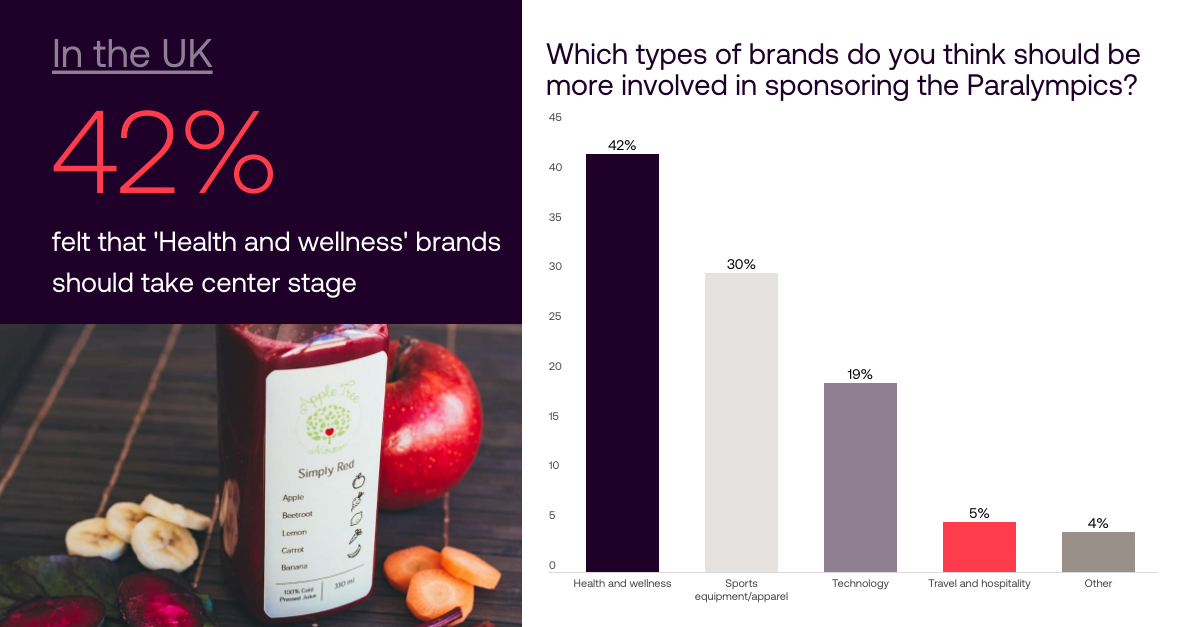 When it comes to industries people believe should be extending exposure through its involvement with the Paralympics, ‘Health and wellness’ brands (42%) was the clear winner. A third also thought sports equipment and apparel companies should be more involved, followed by tech companies (19%) and finally travel and hospitality (5%).
When it comes to industries people believe should be extending exposure through its involvement with the Paralympics, ‘Health and wellness’ brands (42%) was the clear winner. A third also thought sports equipment and apparel companies should be more involved, followed by tech companies (19%) and finally travel and hospitality (5%).
Brand perception
Our survey also delved into how UK viewers perceive brands associated with the Paralympics. A majority view these brands in a positive light. 68% of respondents described their perception of Paralympic-associated brands as positive or somewhat positive – all of which is good news for the international event. Interestingly, 29% of respondents felt neutral about these brands, showing that while the Paralympics certainly improves brand perception for some, there is still a segment of the audience that remains indifferent. The good news for brands is that negative sentiment remains exceptionally low—only 3% of respondents had a somewhat negative or negative perception of brands aligned with the Paralympics. This suggests that associating with the Games is a generally safe and potentially lucrative move for businesses looking to align with the values it represents.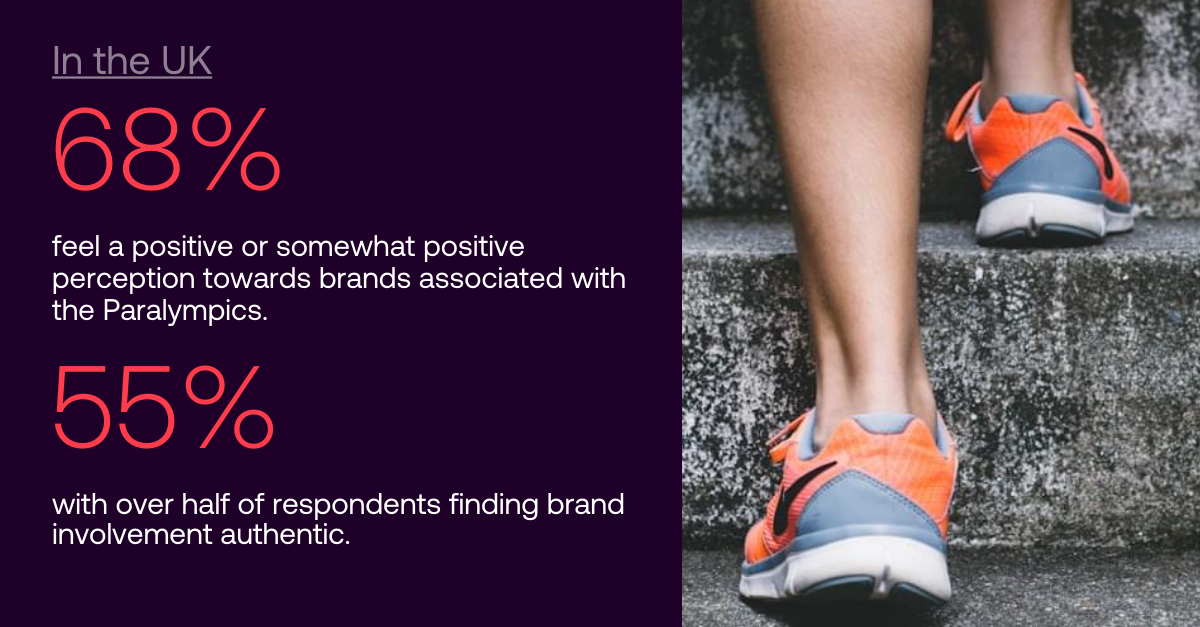 When it came to authenticity, 55% of survey respondents felt that brands were genuine in their support of the Games, with a more sceptical 39% perceiving sponsorships as a marketing gimmick, and a further 6% finding them outright inauthentic.
As the Paralympics continues to grow in global popularity, these insights offer a roadmap for broadcasters, advertisers, and sports organizers to enhance engagement and create a more inclusive sporting experience for all.
Will you be watching the 2024 Paralympic Games? Which sporting events are on your to-watch list? Join the conversation on our LinkedIn page.
When it came to authenticity, 55% of survey respondents felt that brands were genuine in their support of the Games, with a more sceptical 39% perceiving sponsorships as a marketing gimmick, and a further 6% finding them outright inauthentic.
As the Paralympics continues to grow in global popularity, these insights offer a roadmap for broadcasters, advertisers, and sports organizers to enhance engagement and create a more inclusive sporting experience for all.
Will you be watching the 2024 Paralympic Games? Which sporting events are on your to-watch list? Join the conversation on our LinkedIn page.
